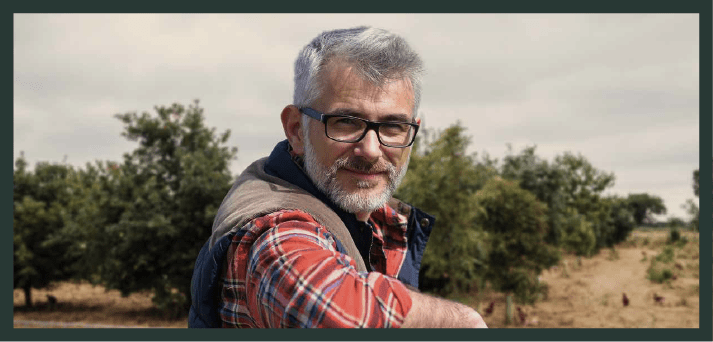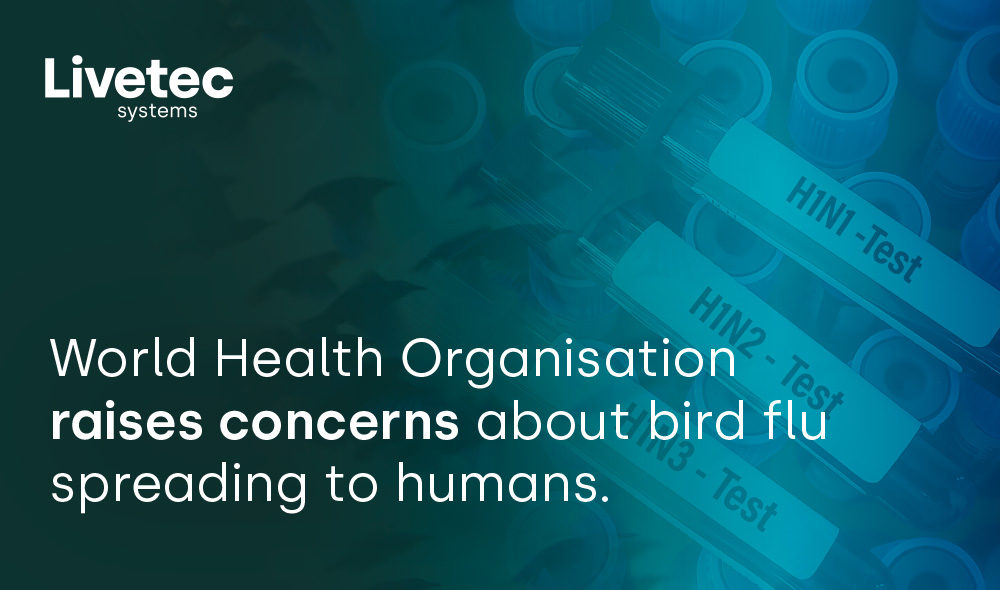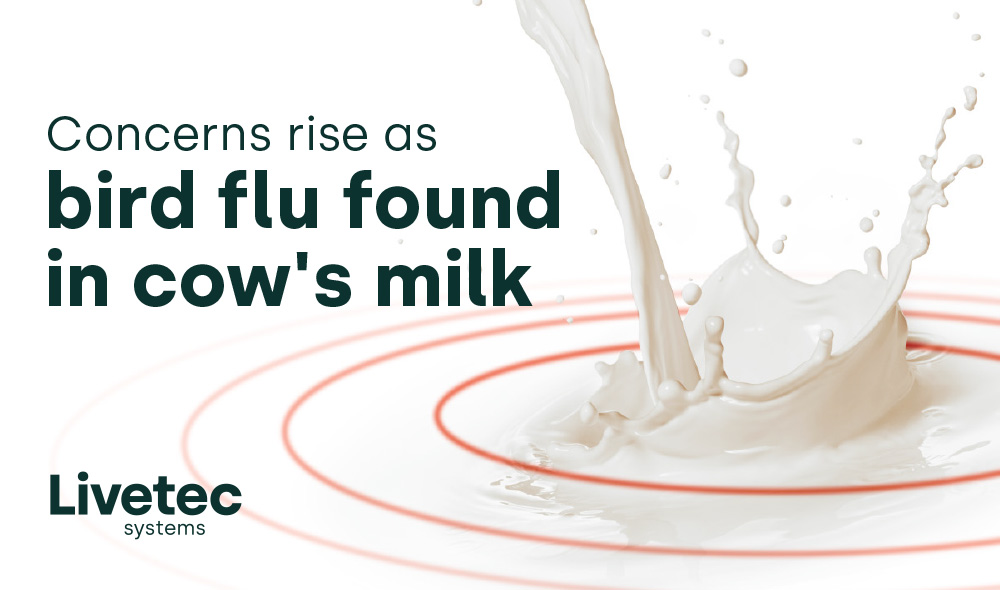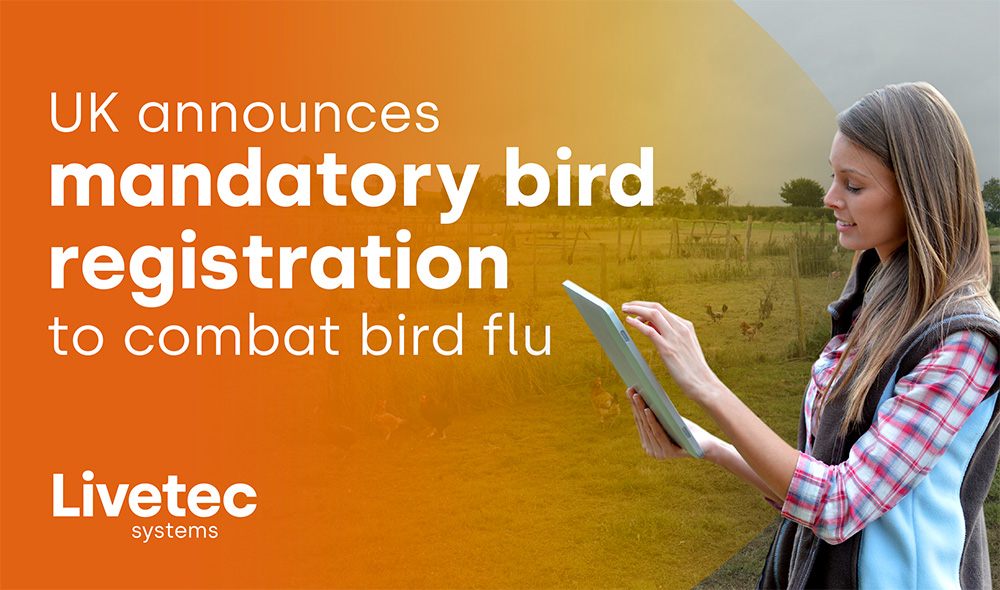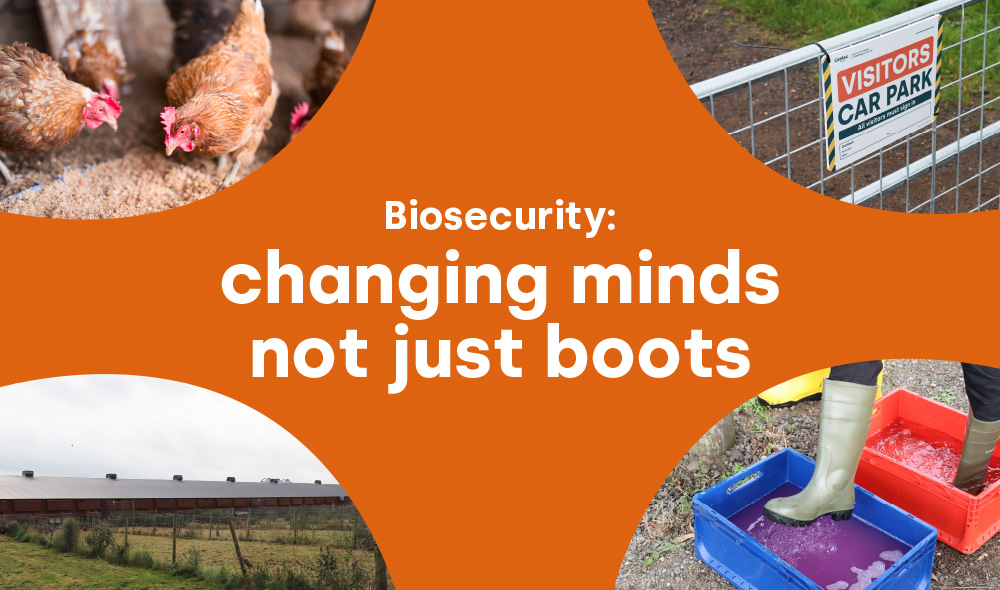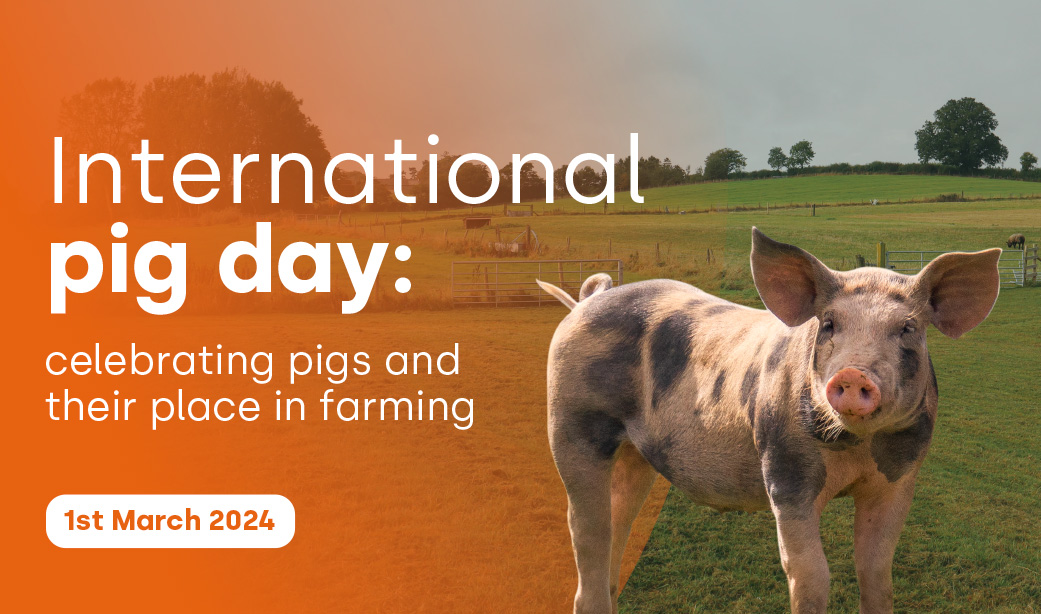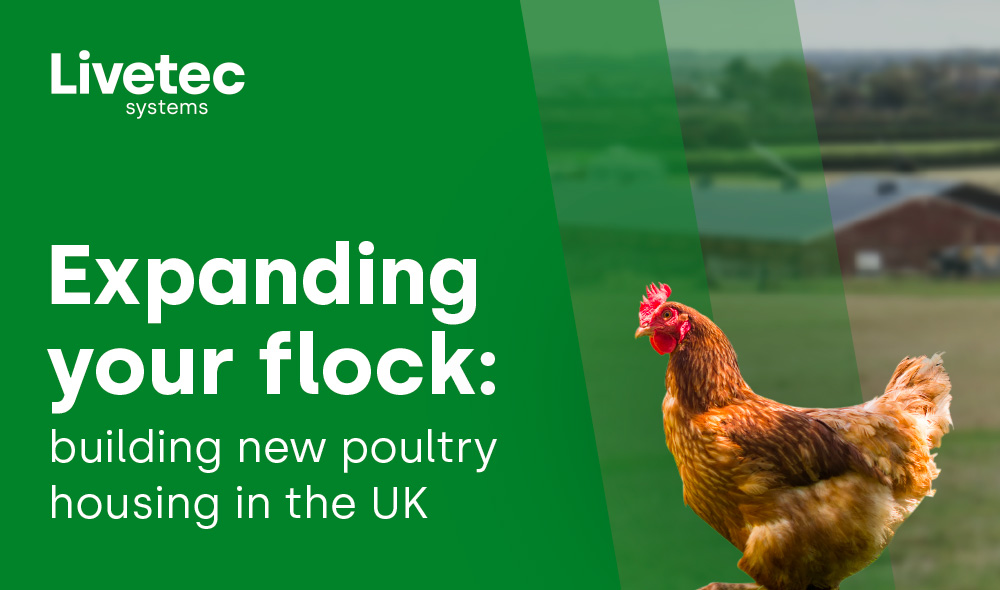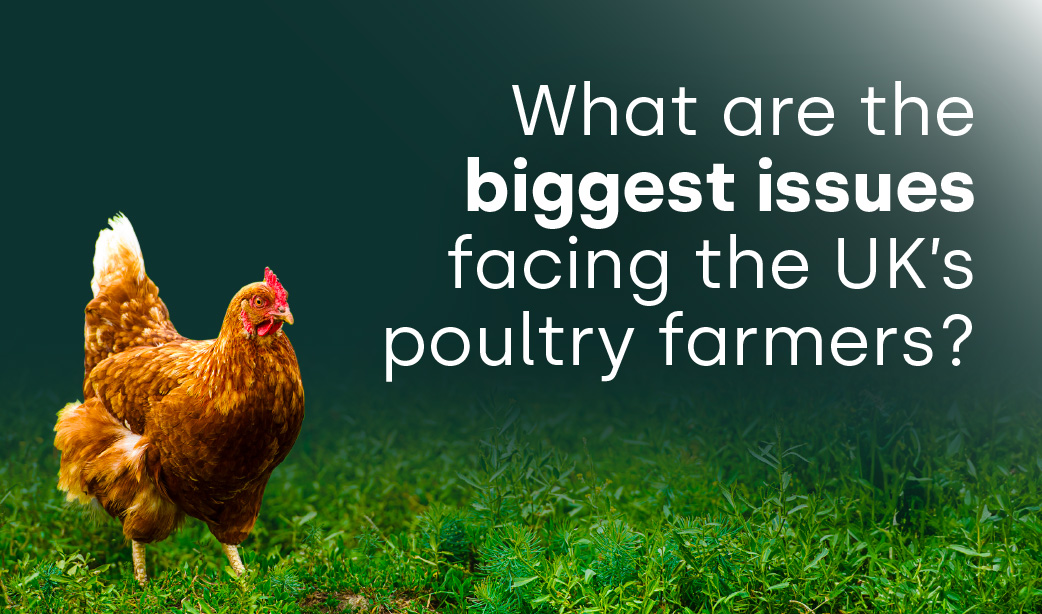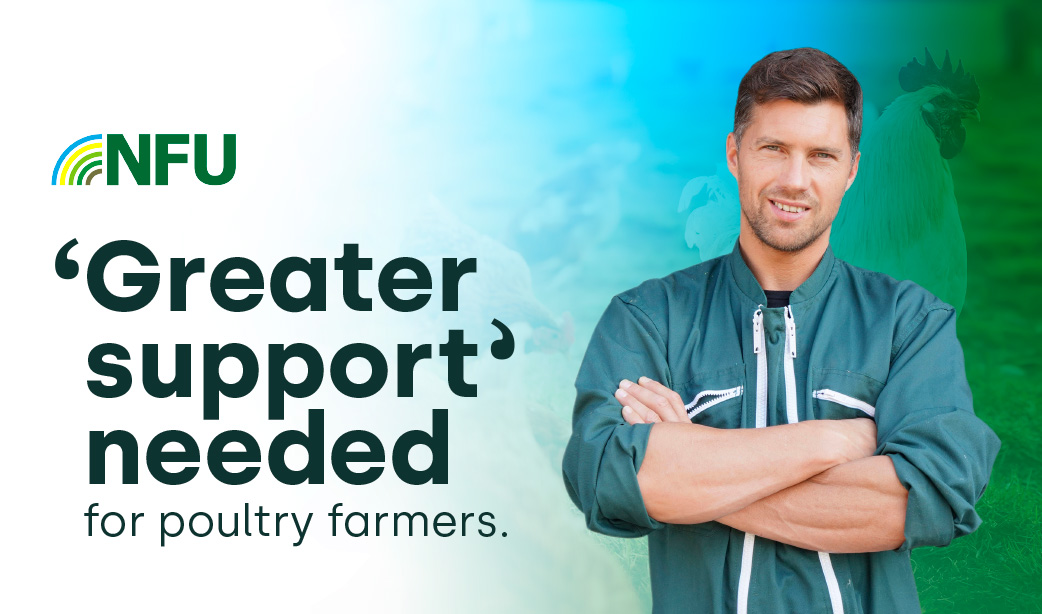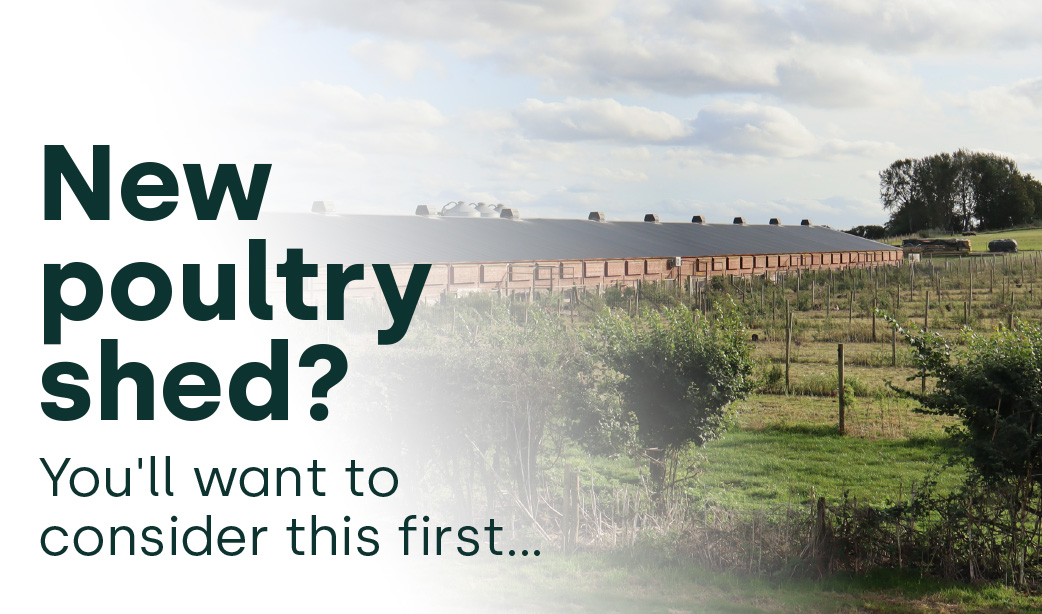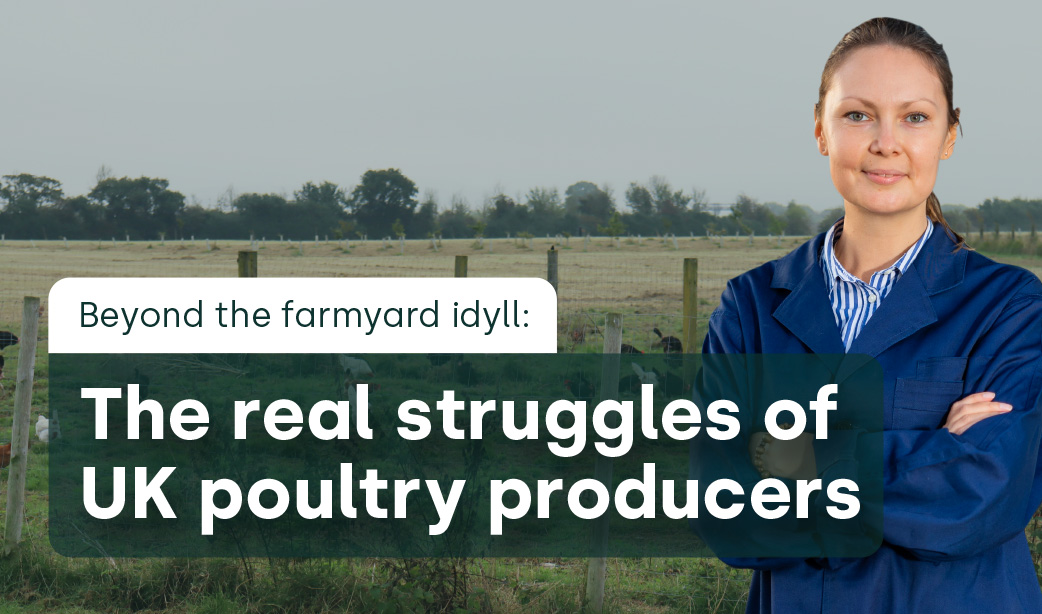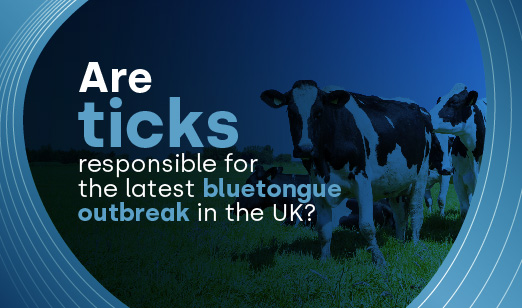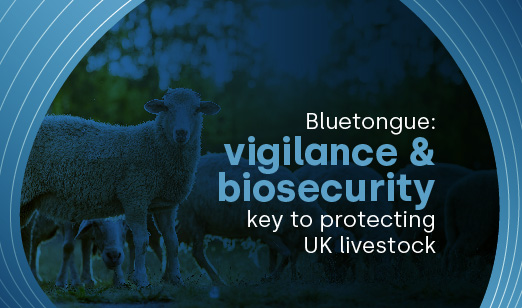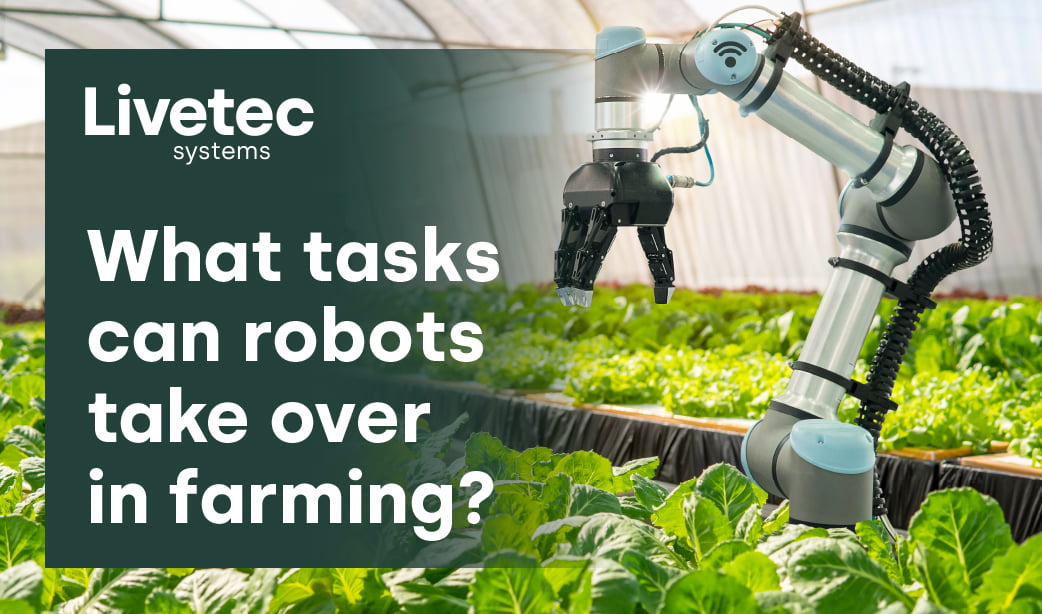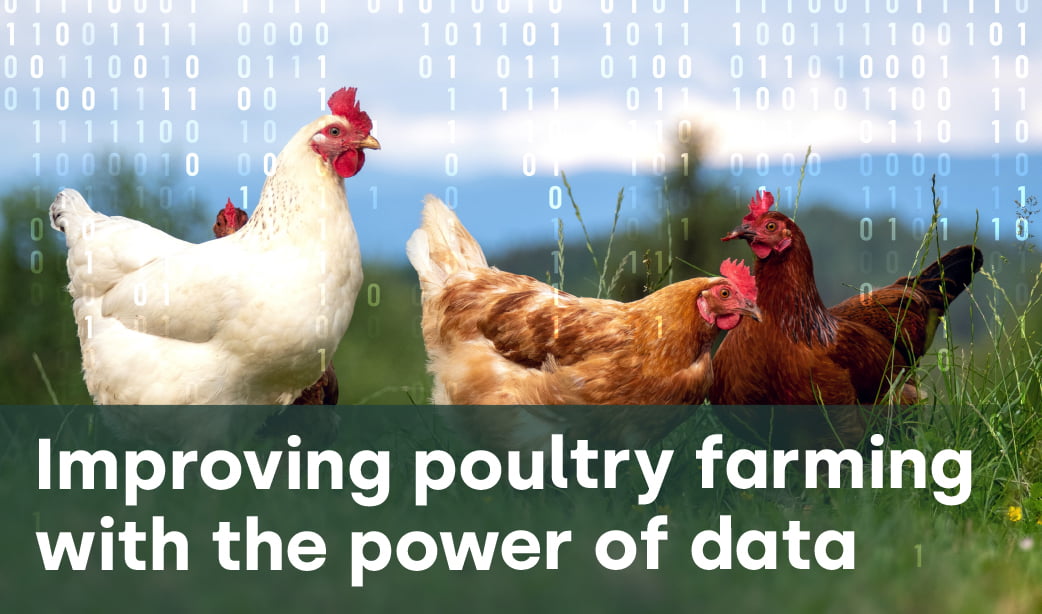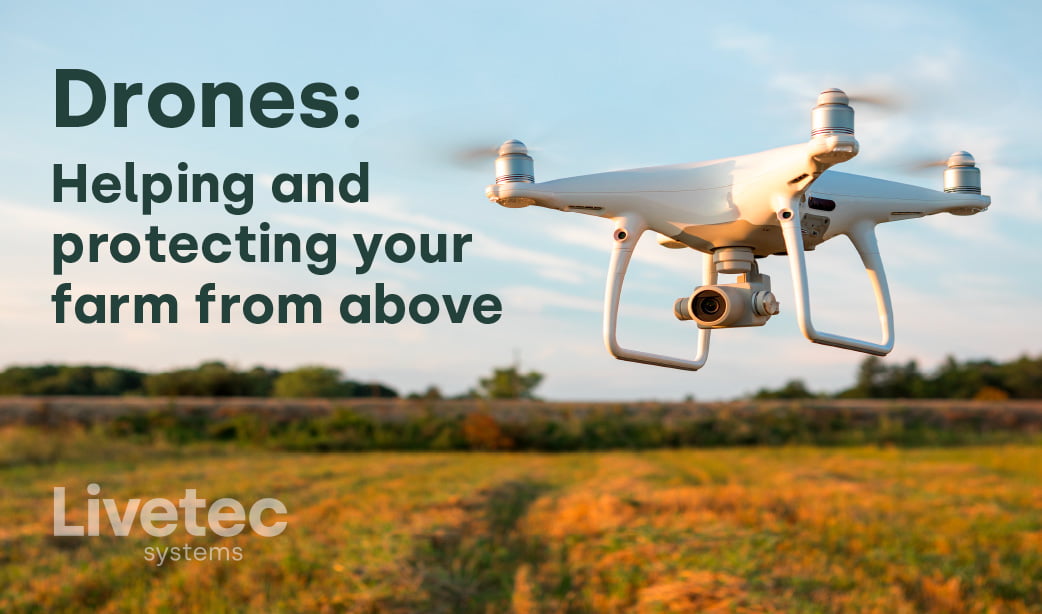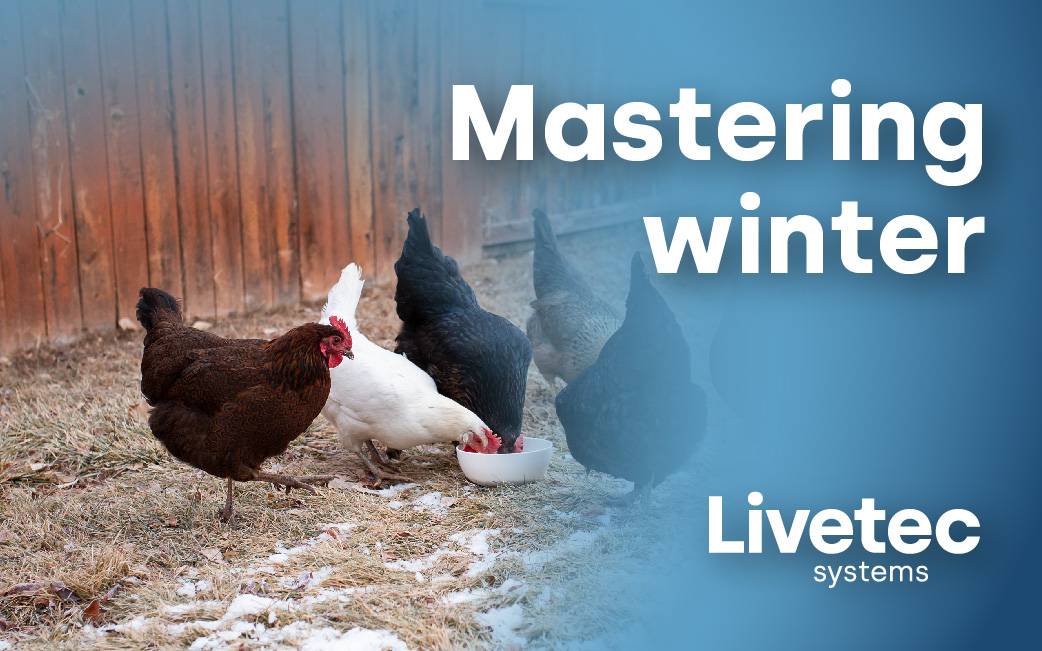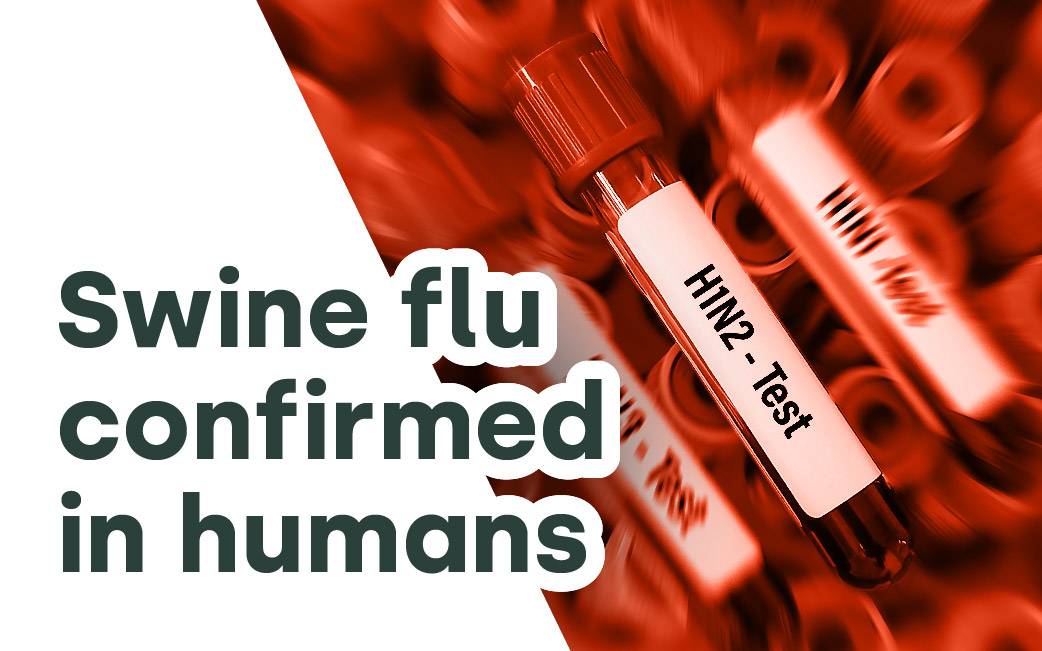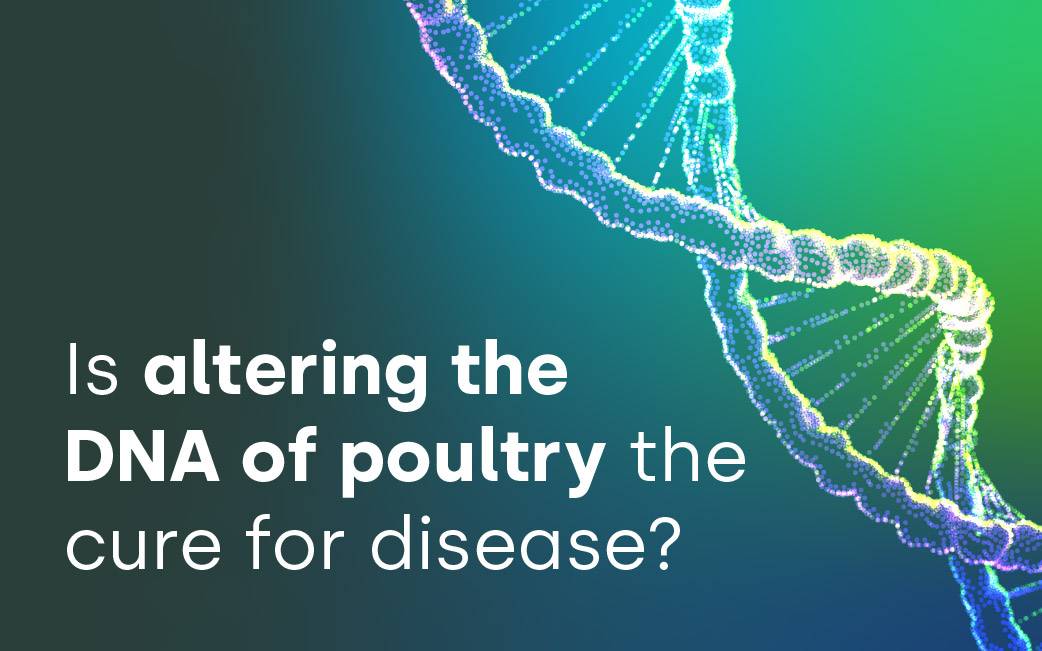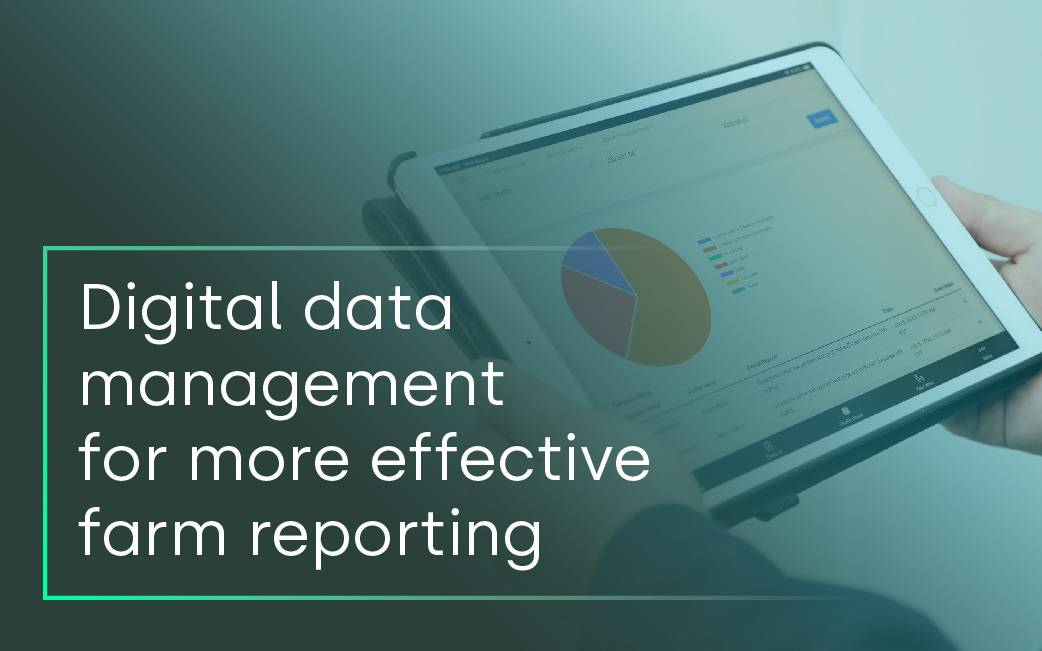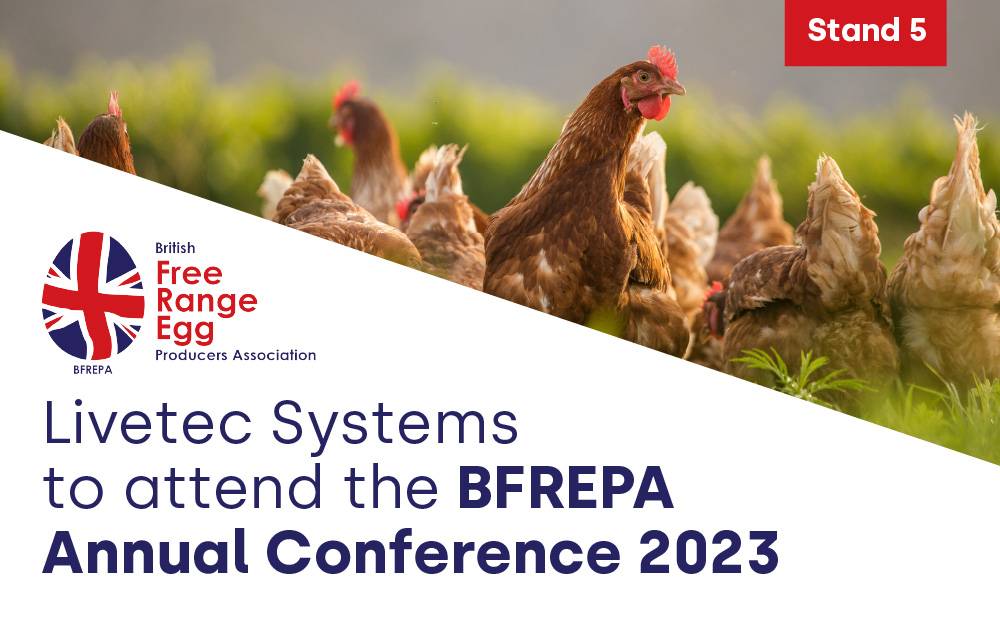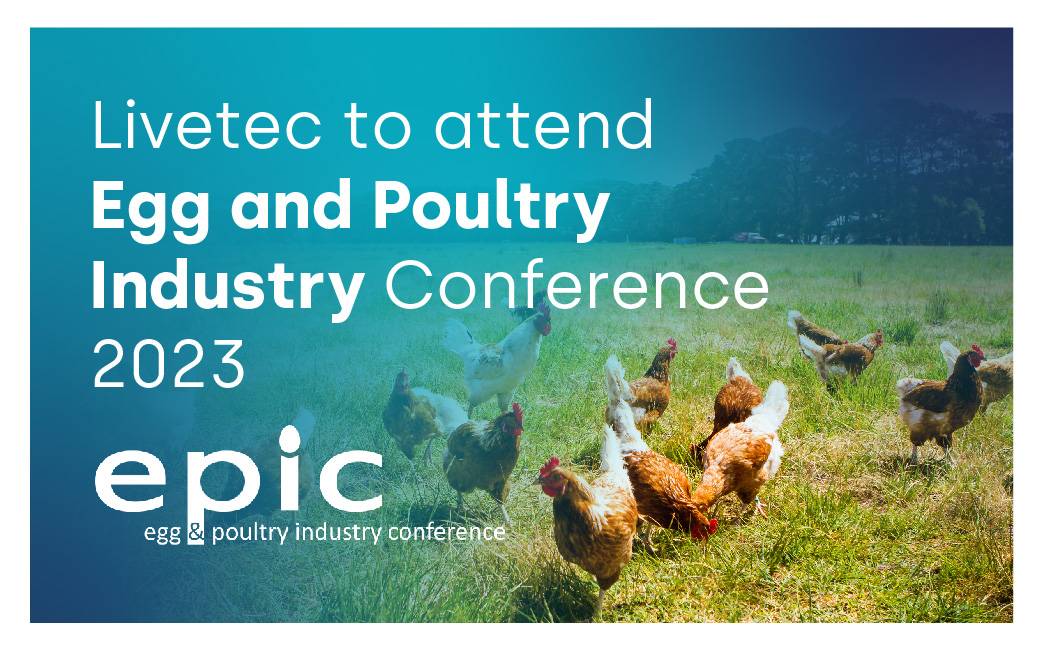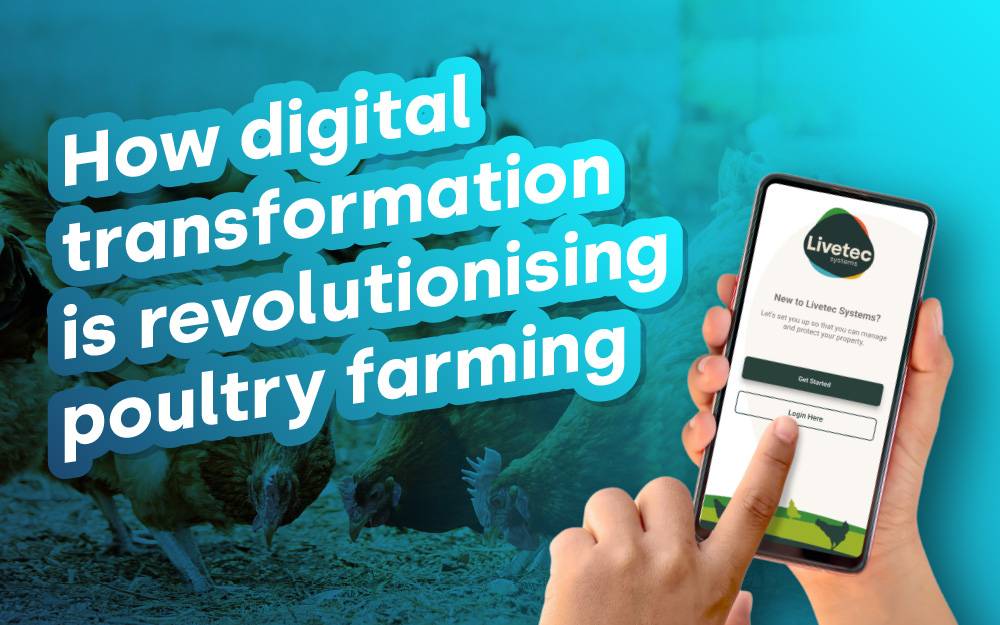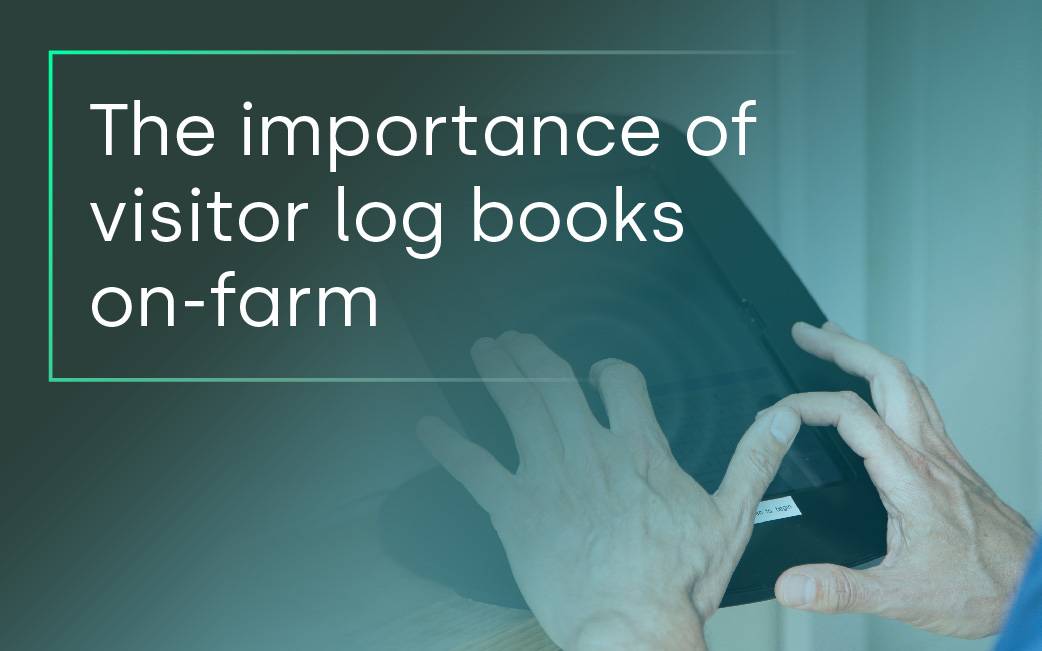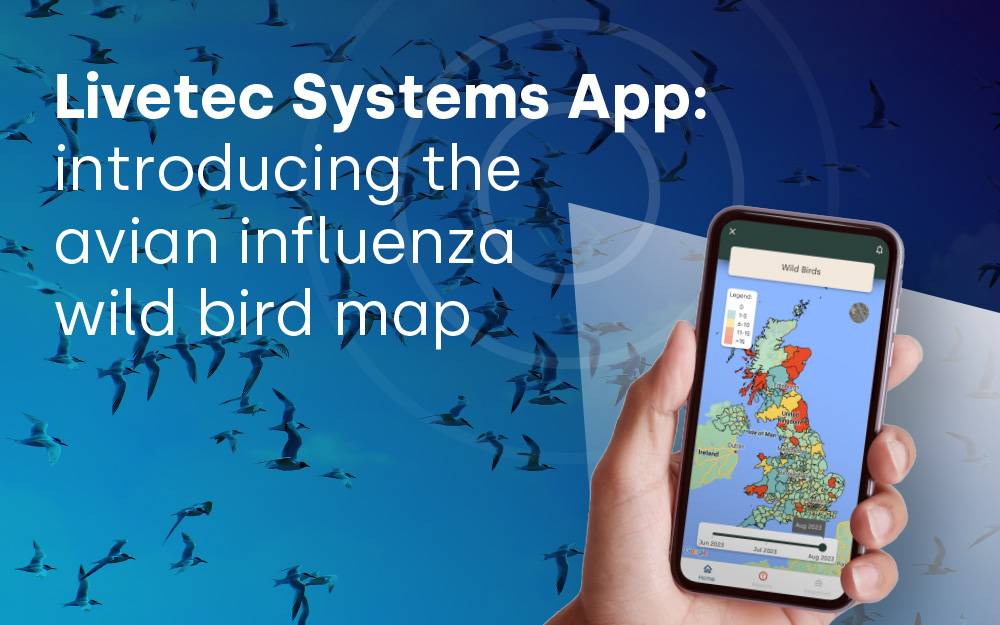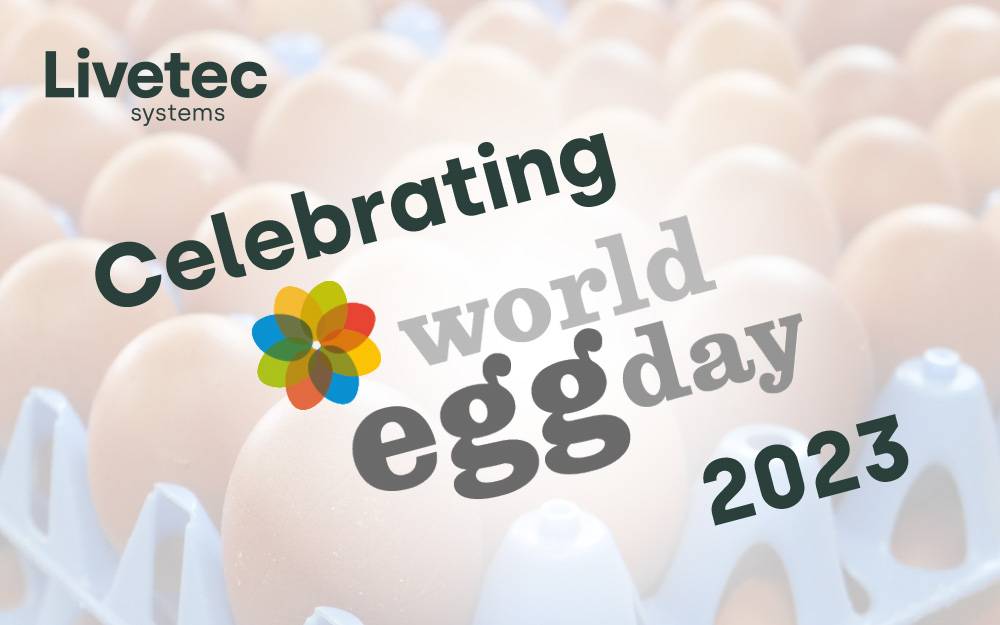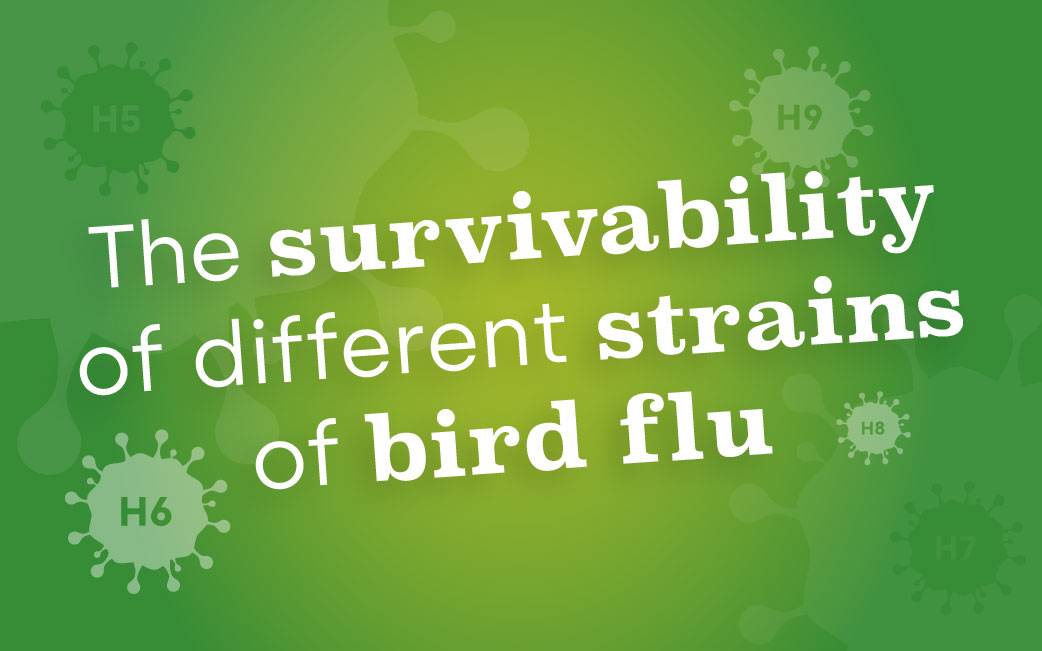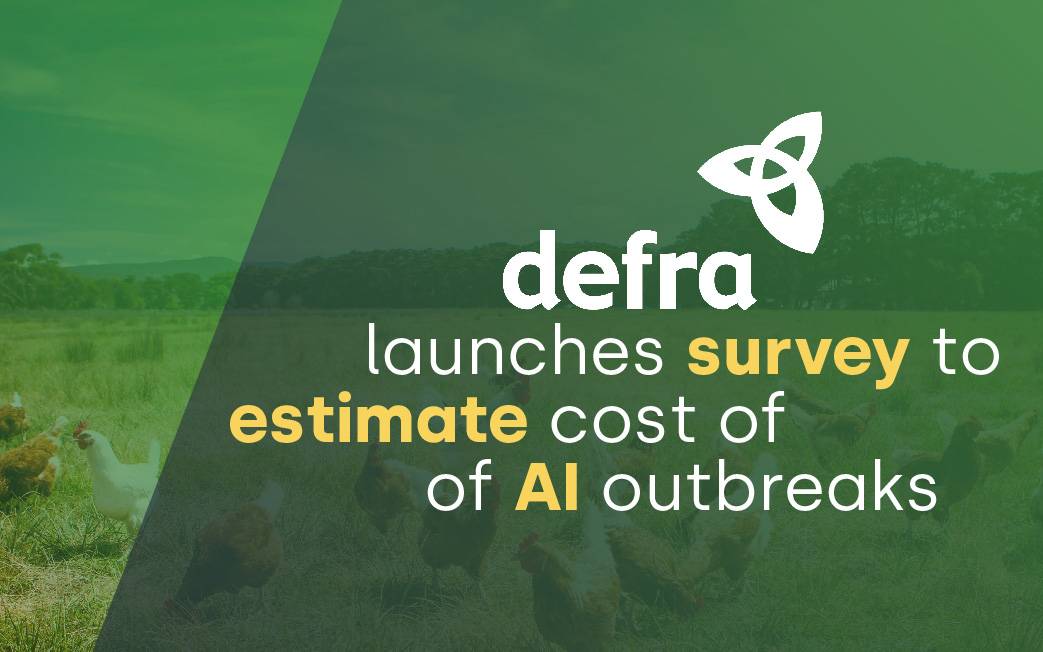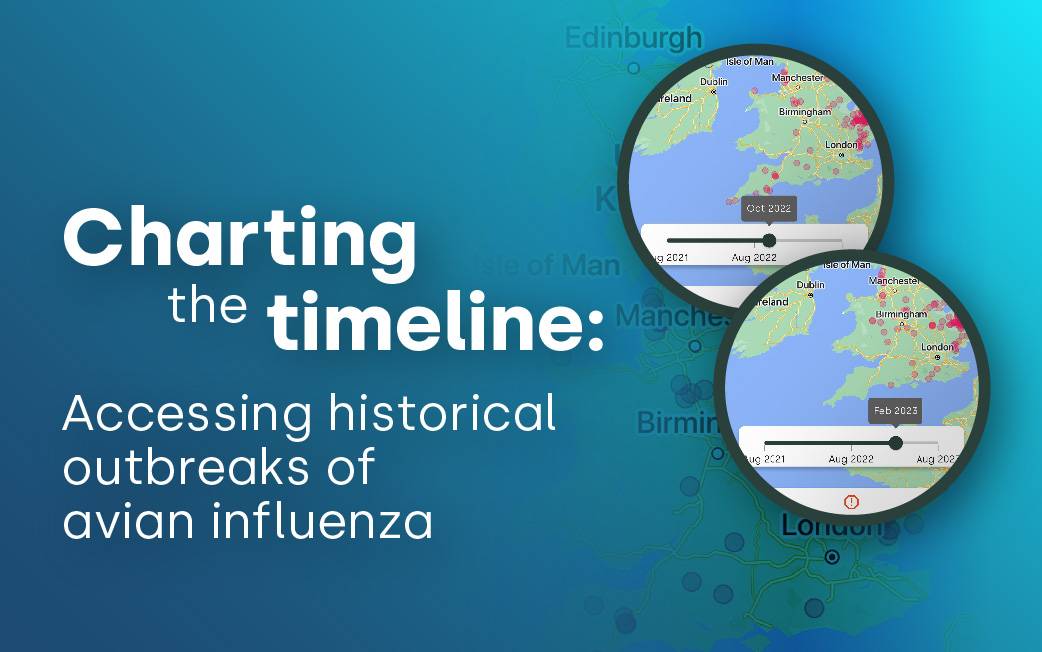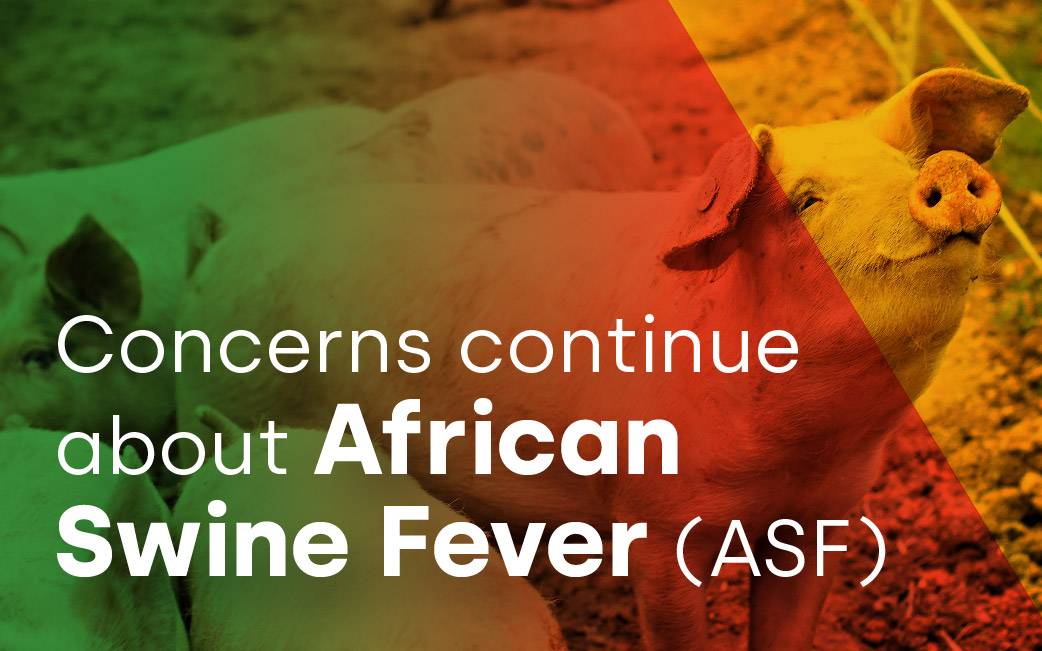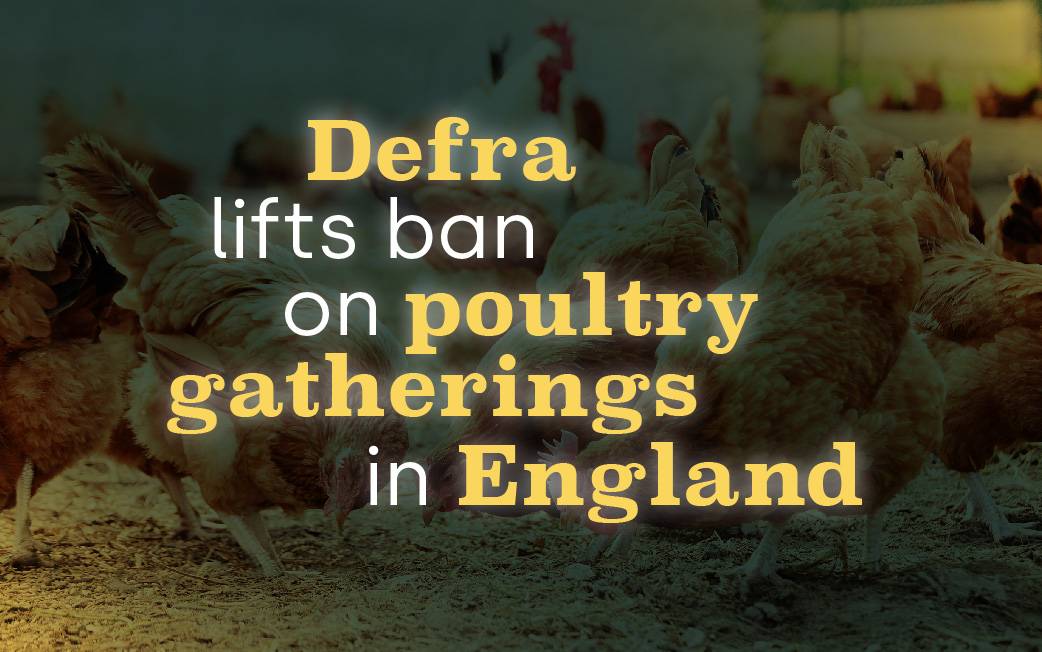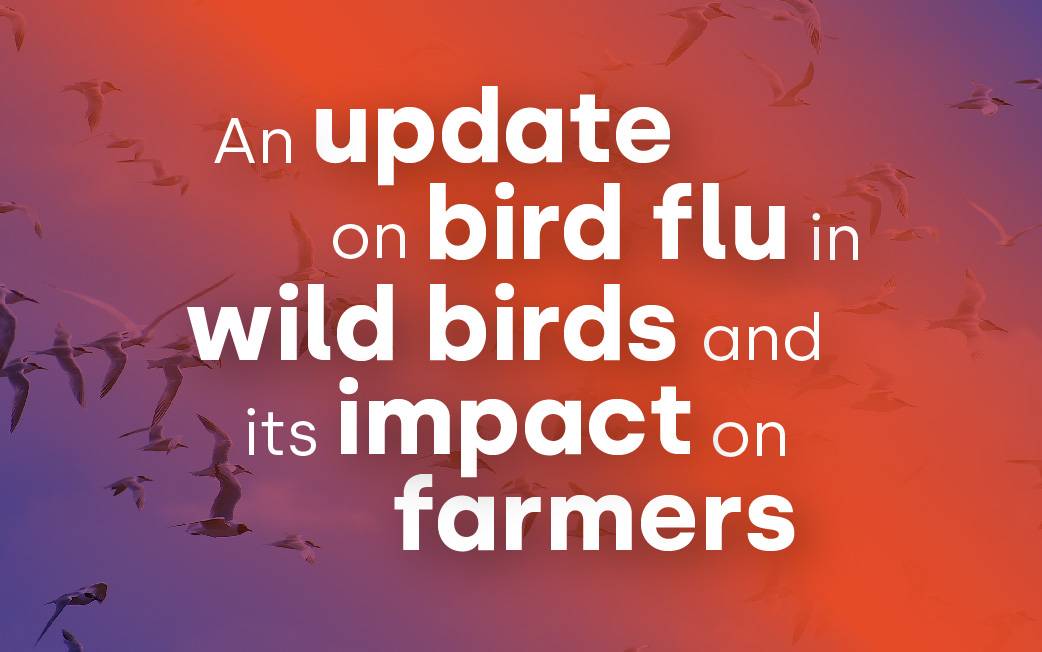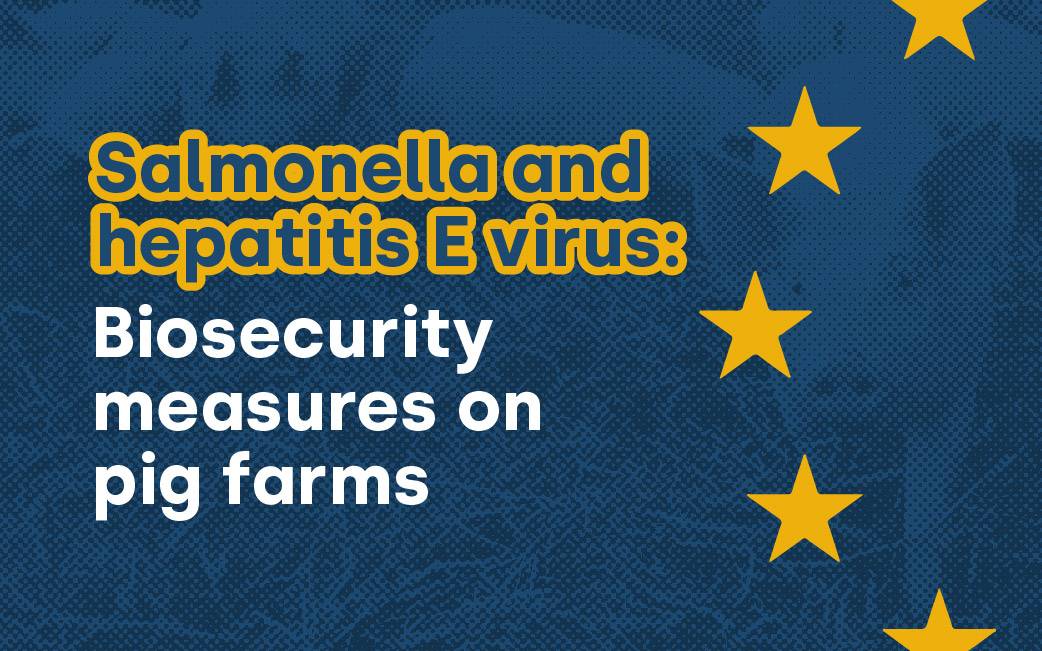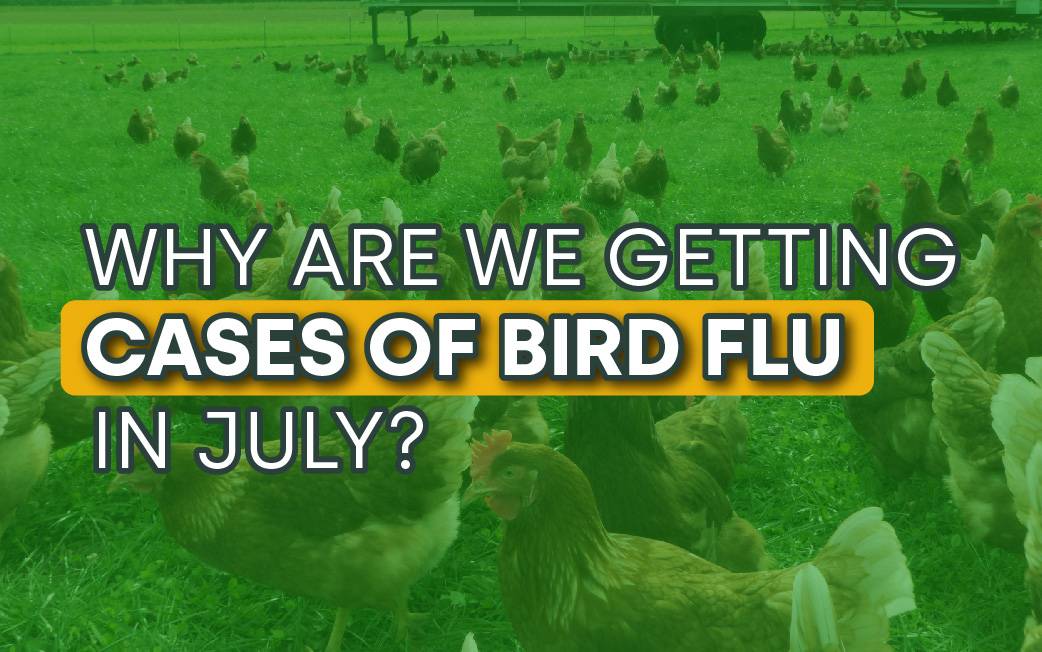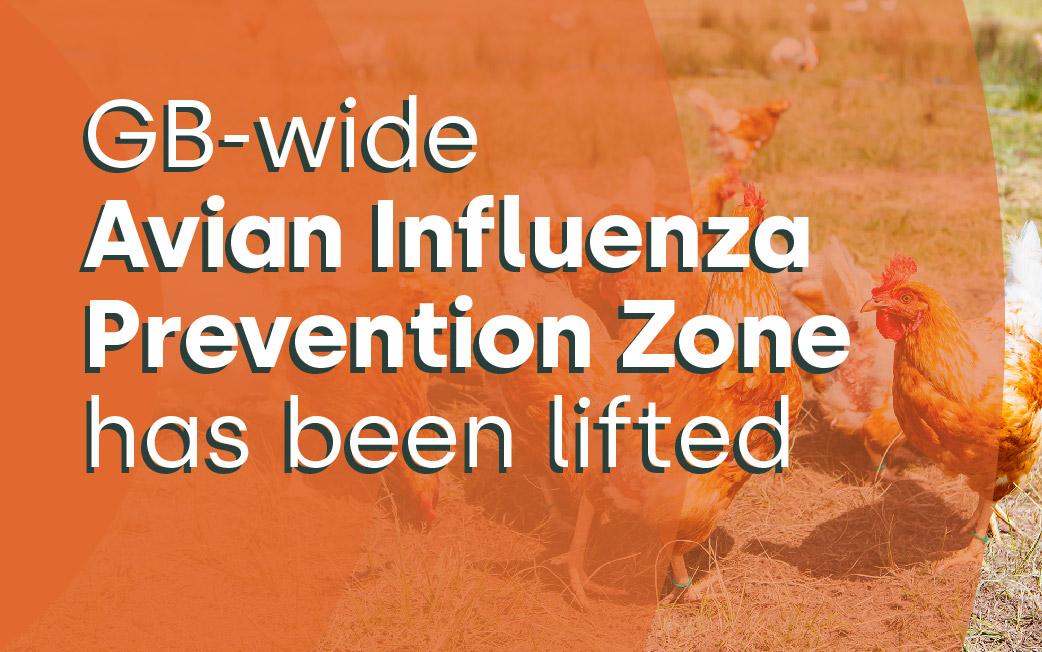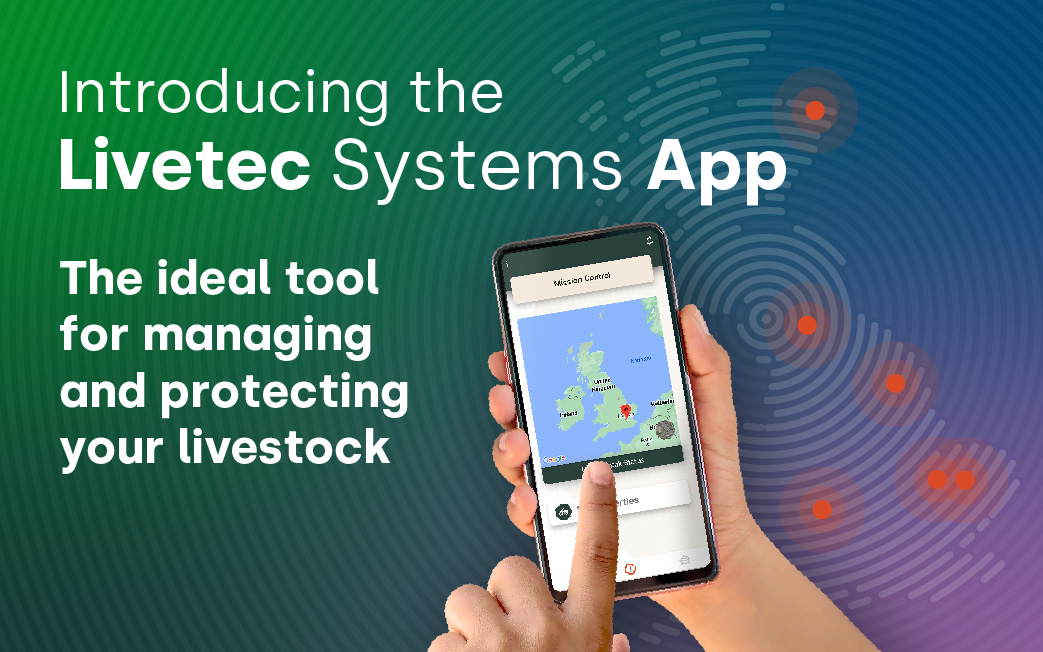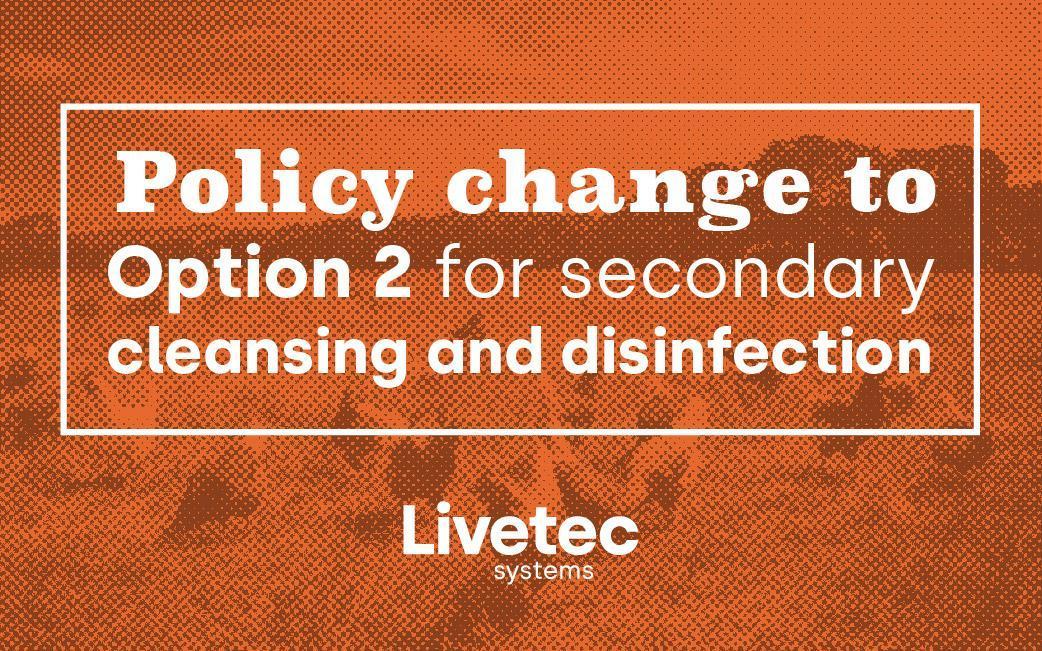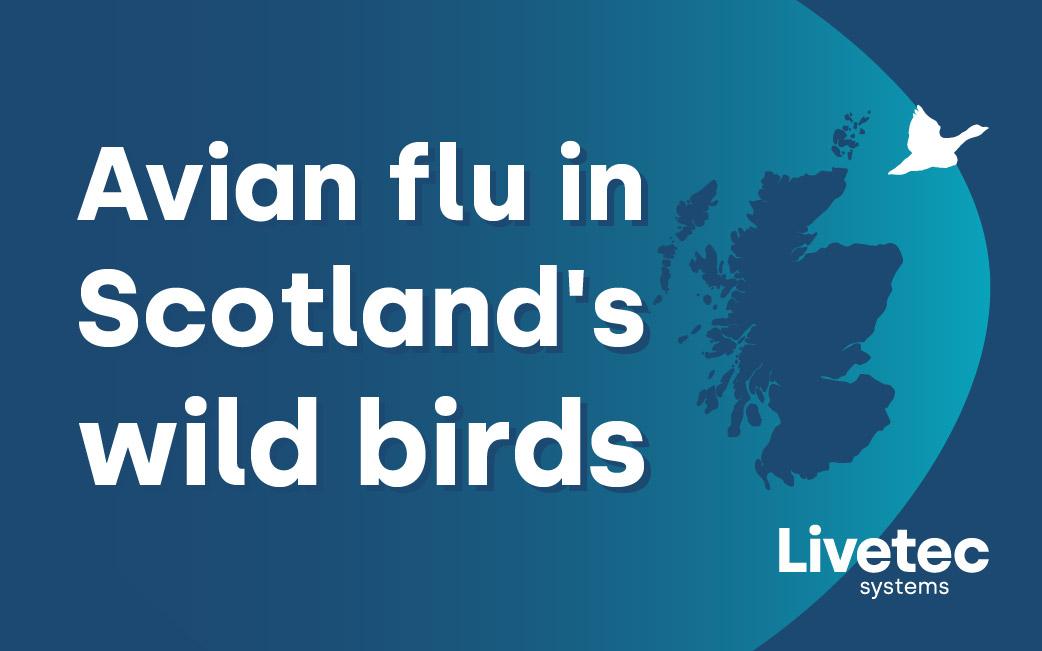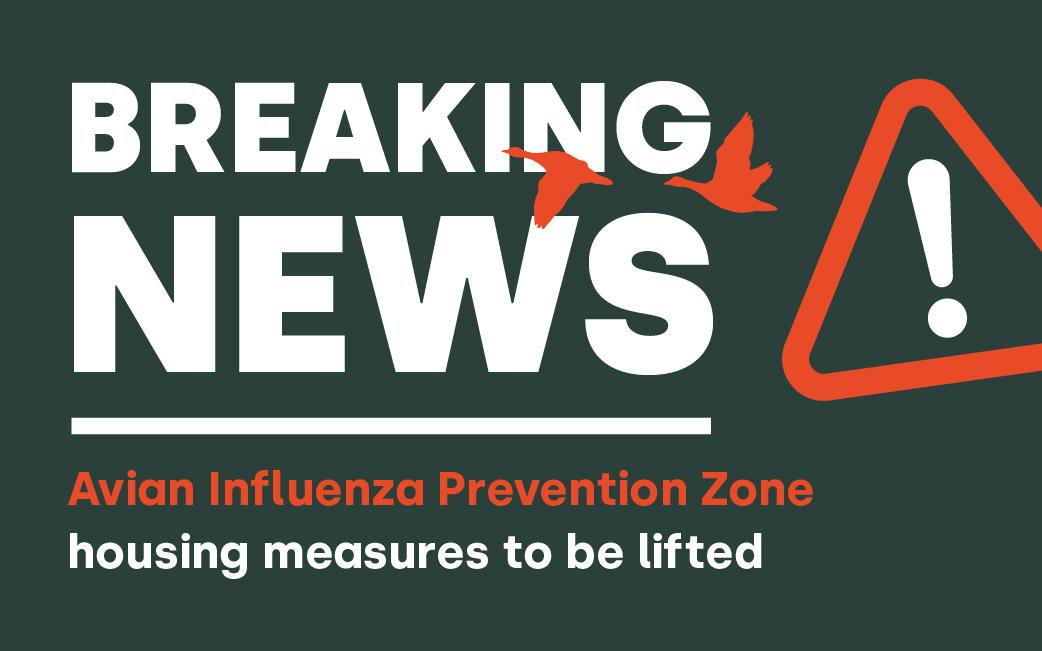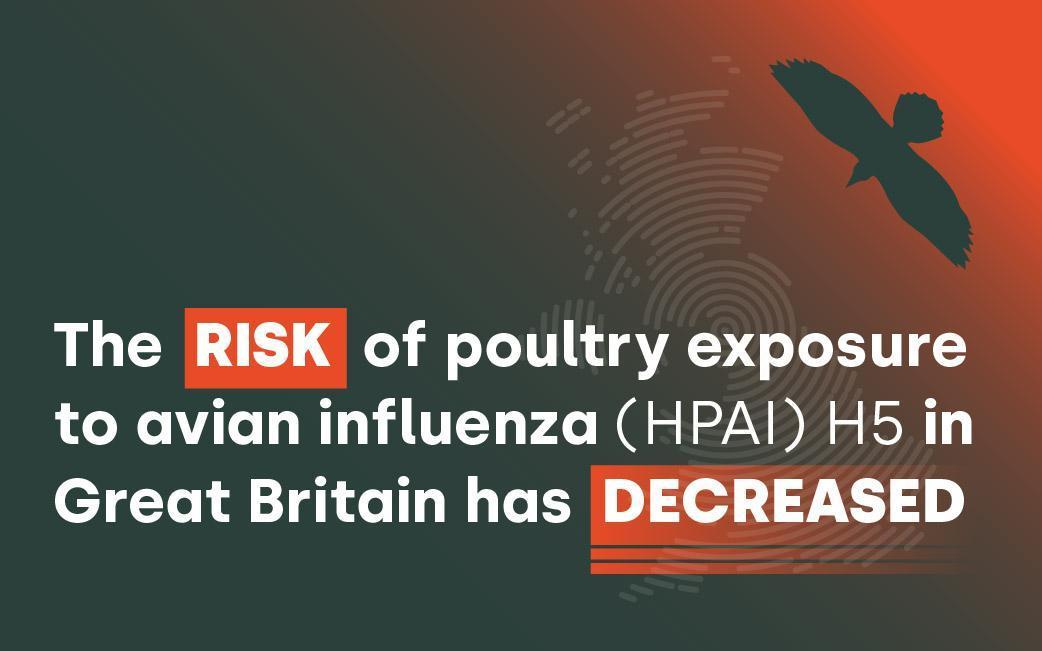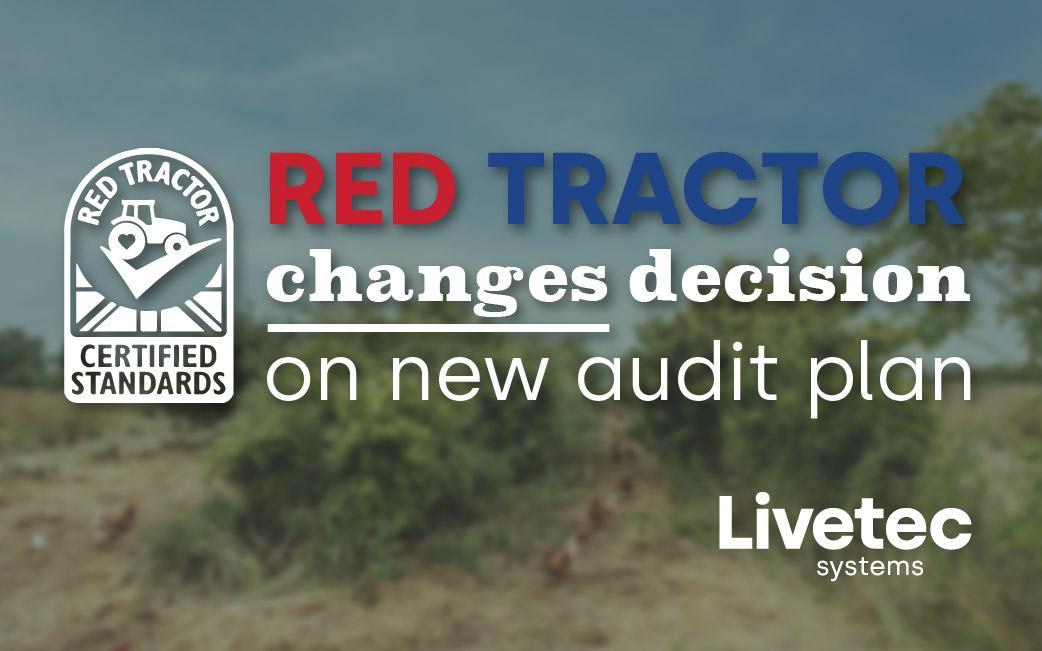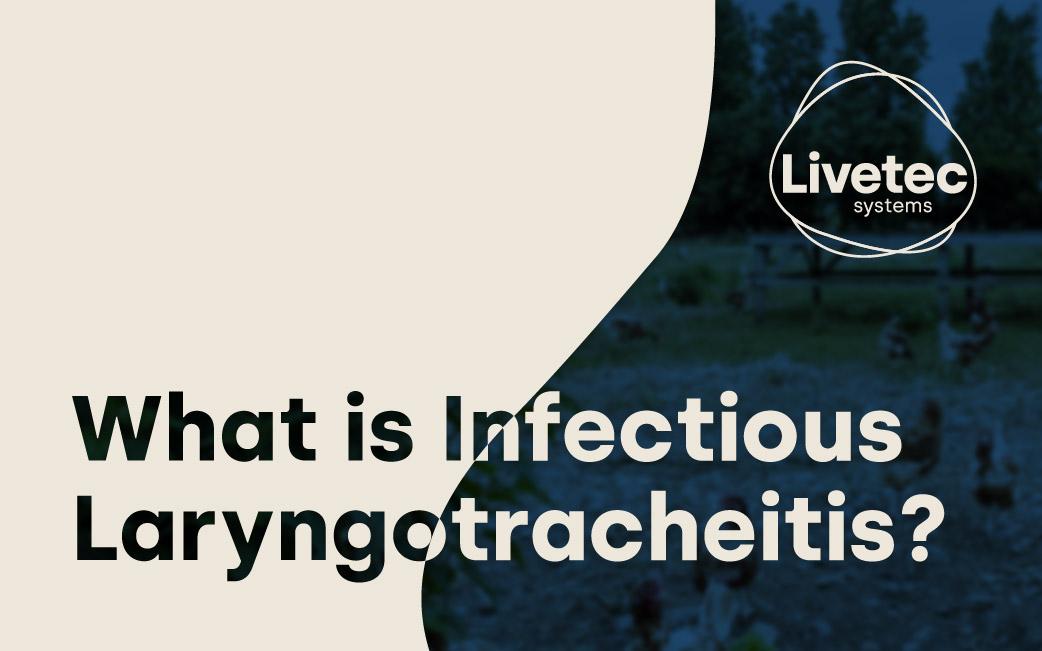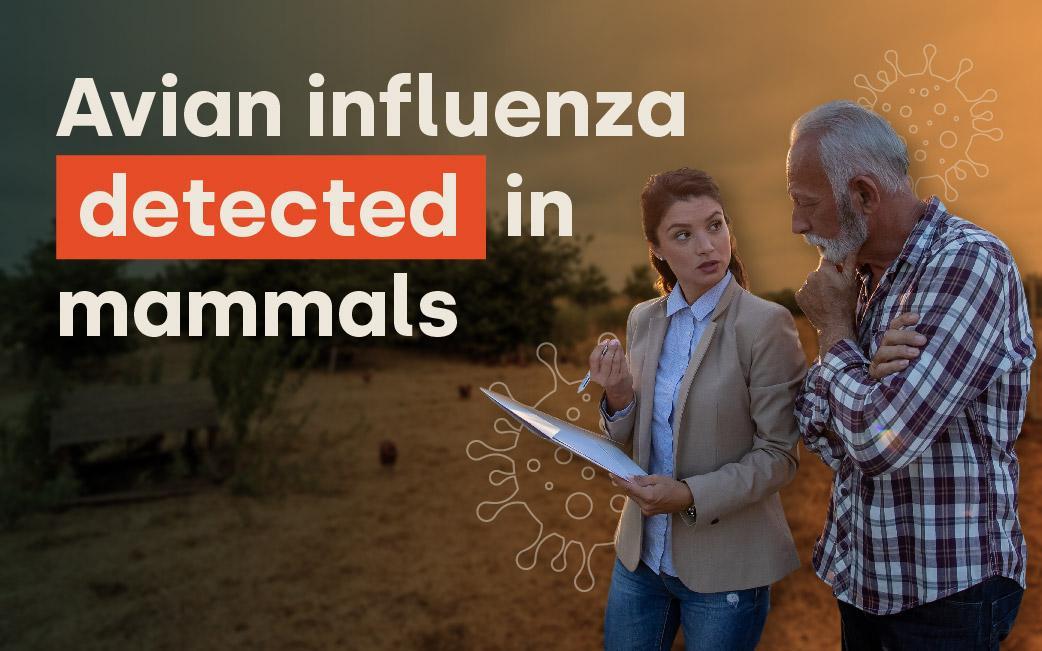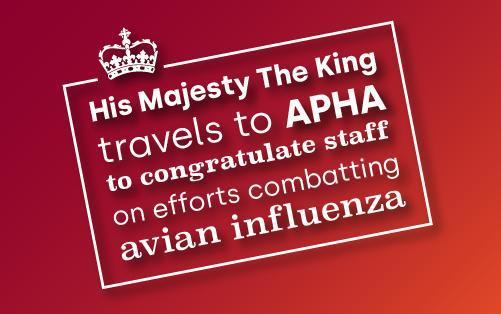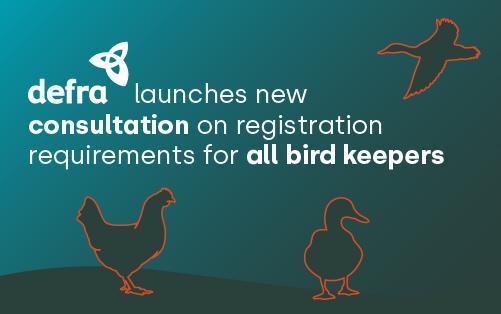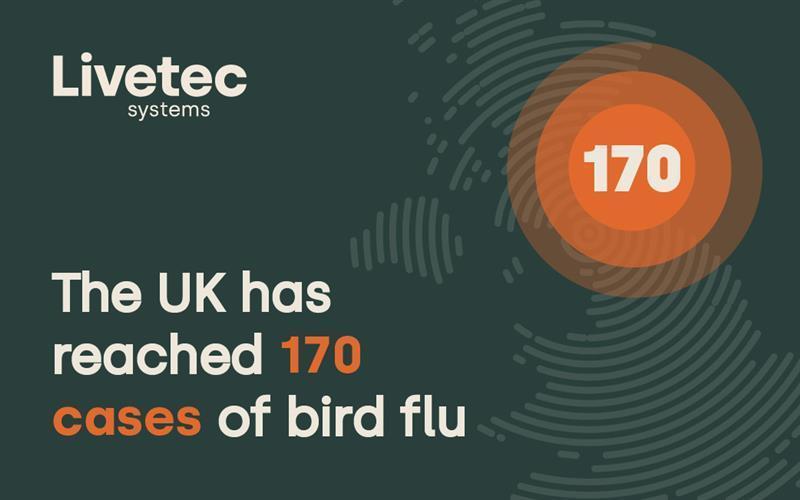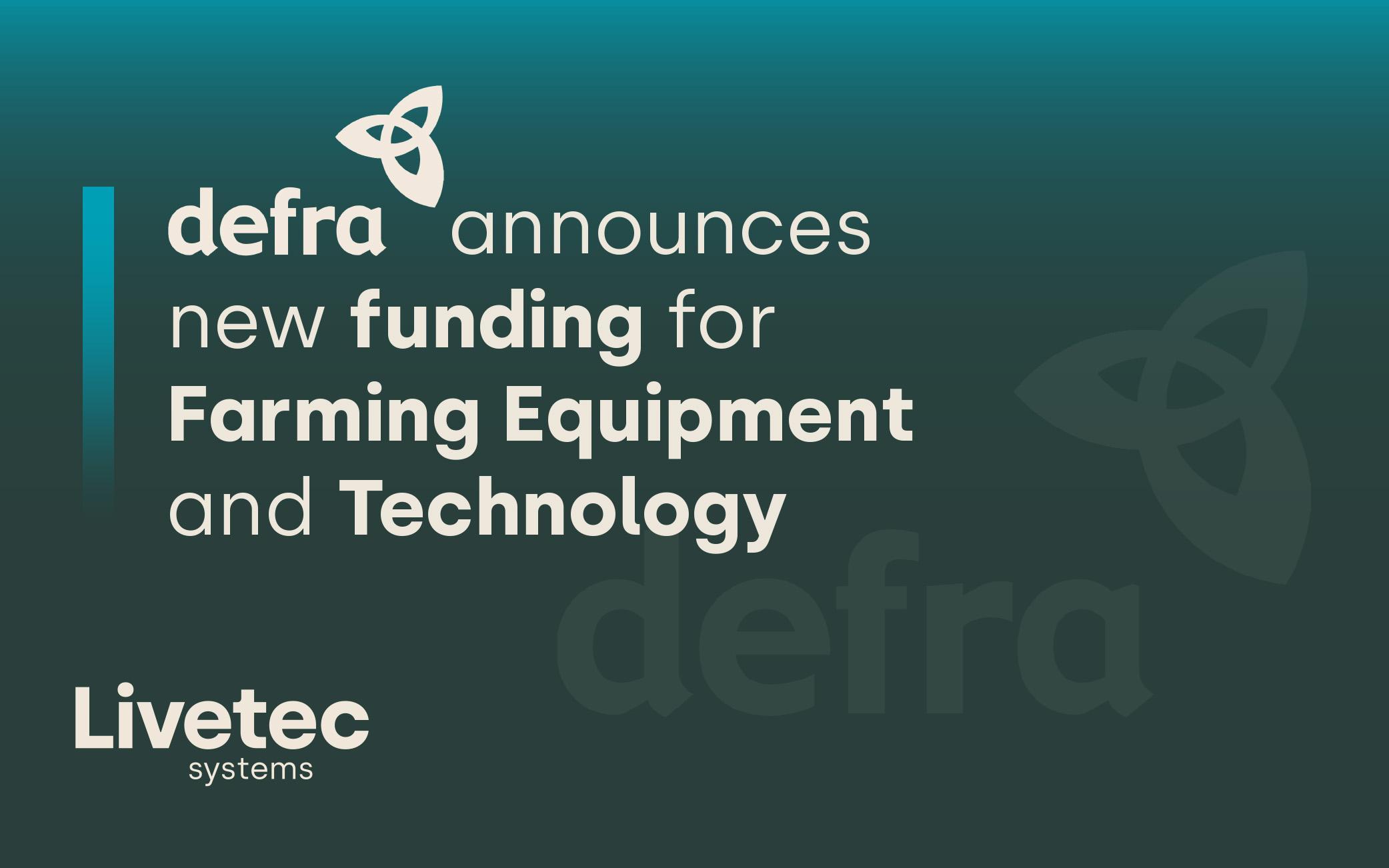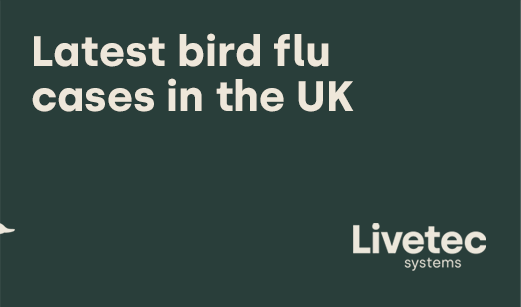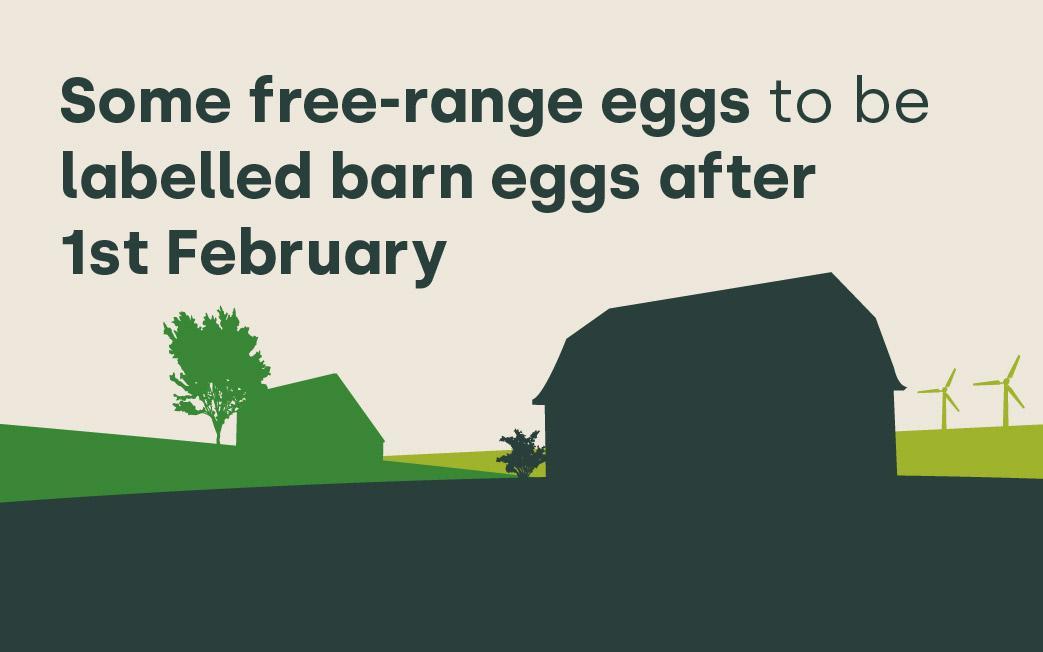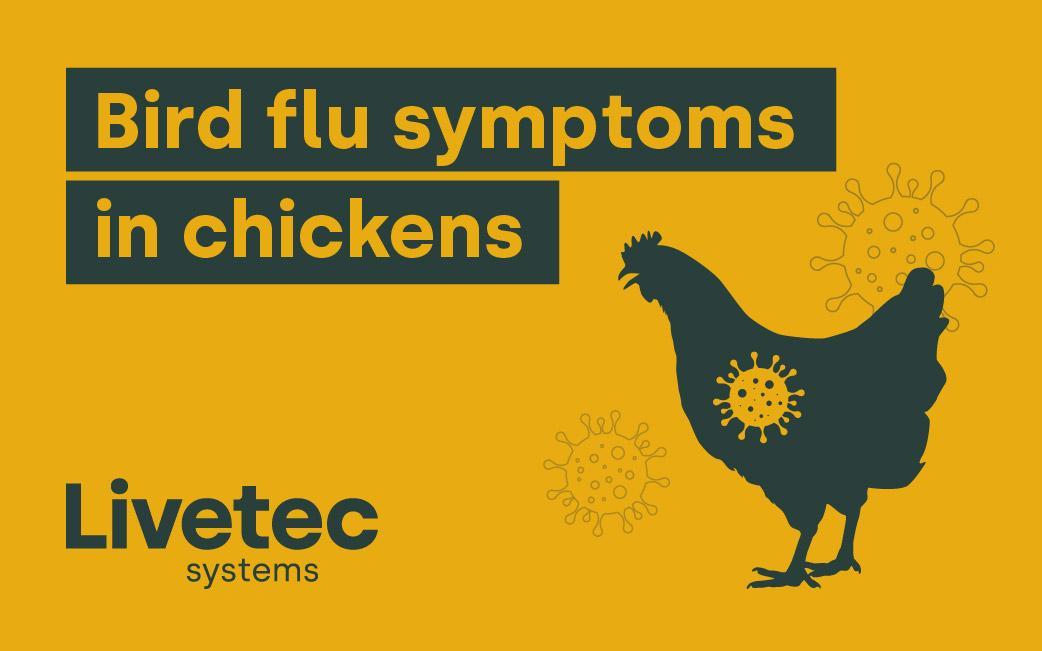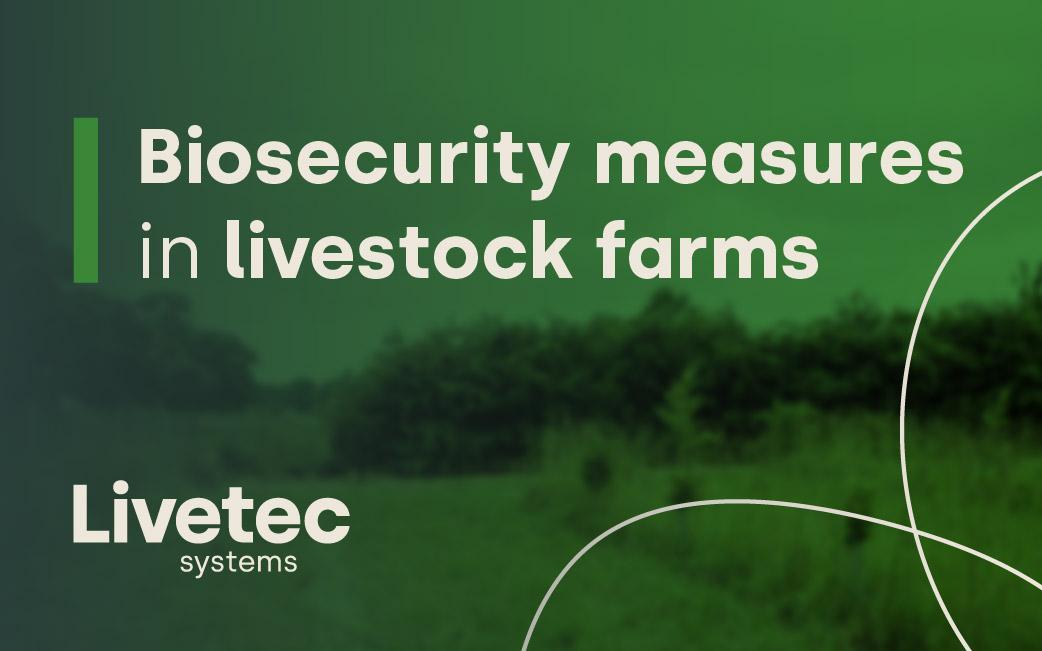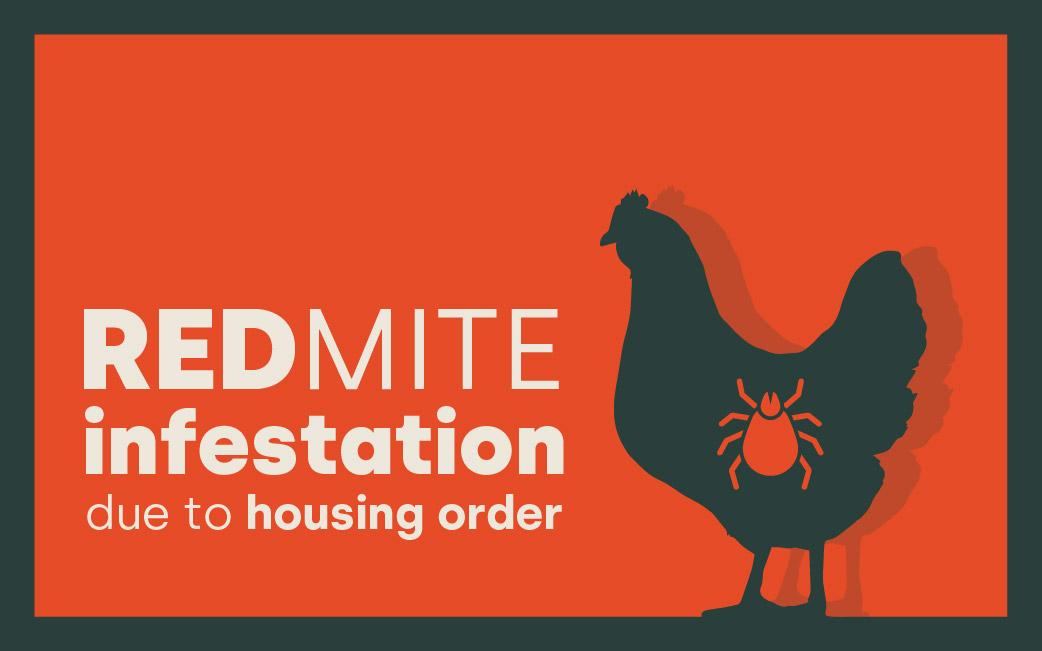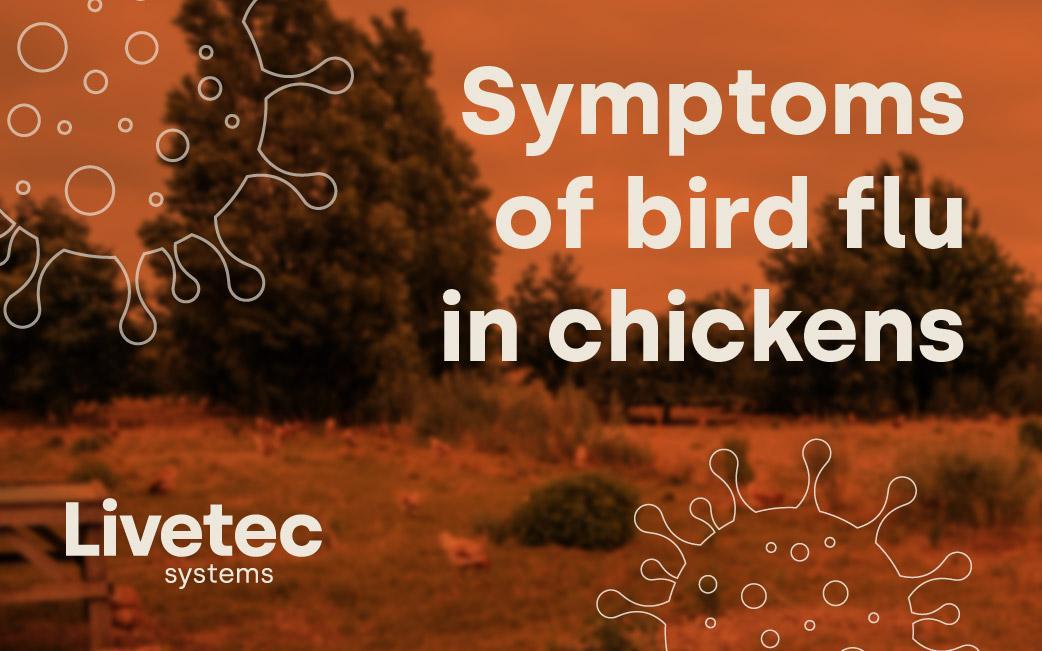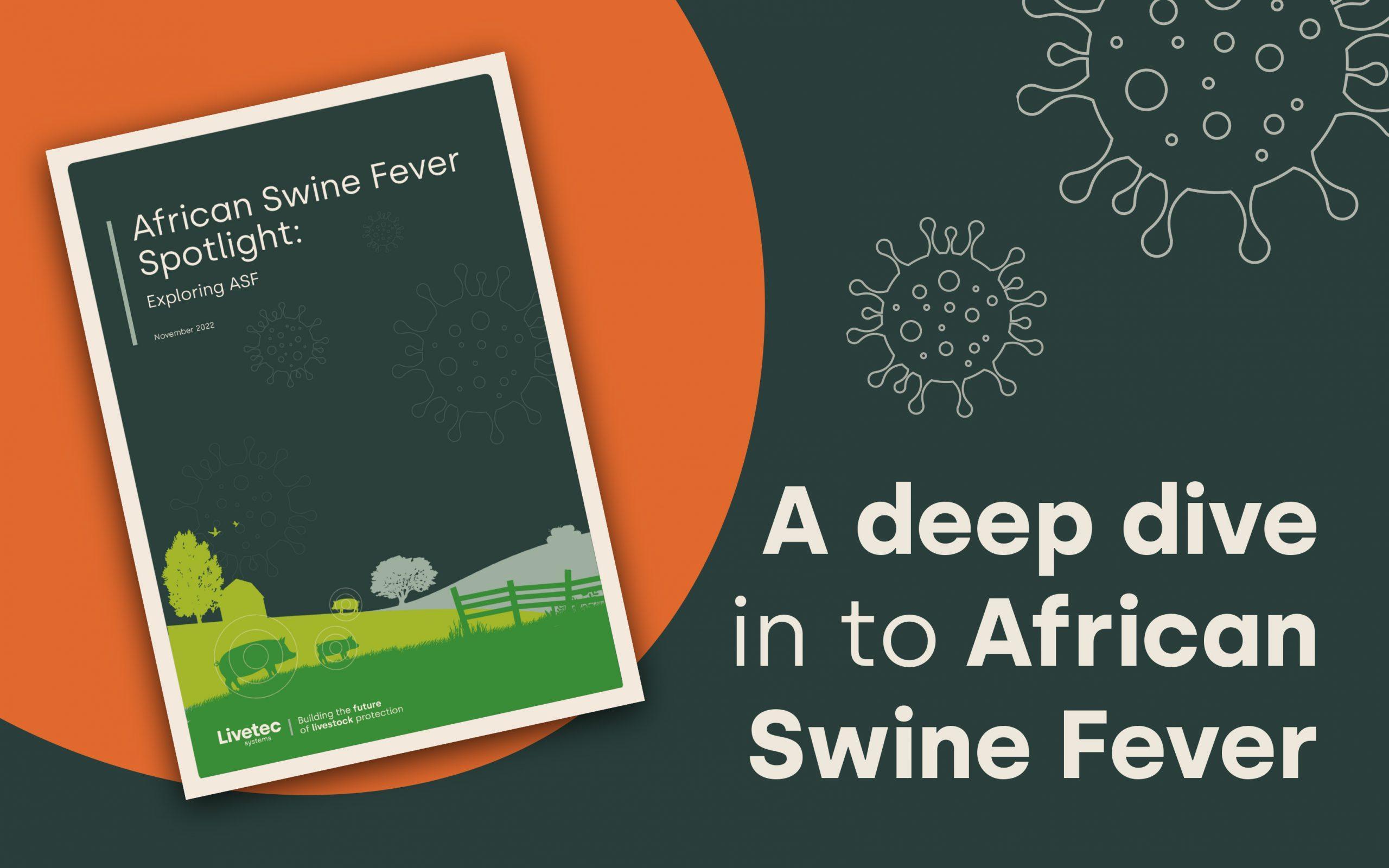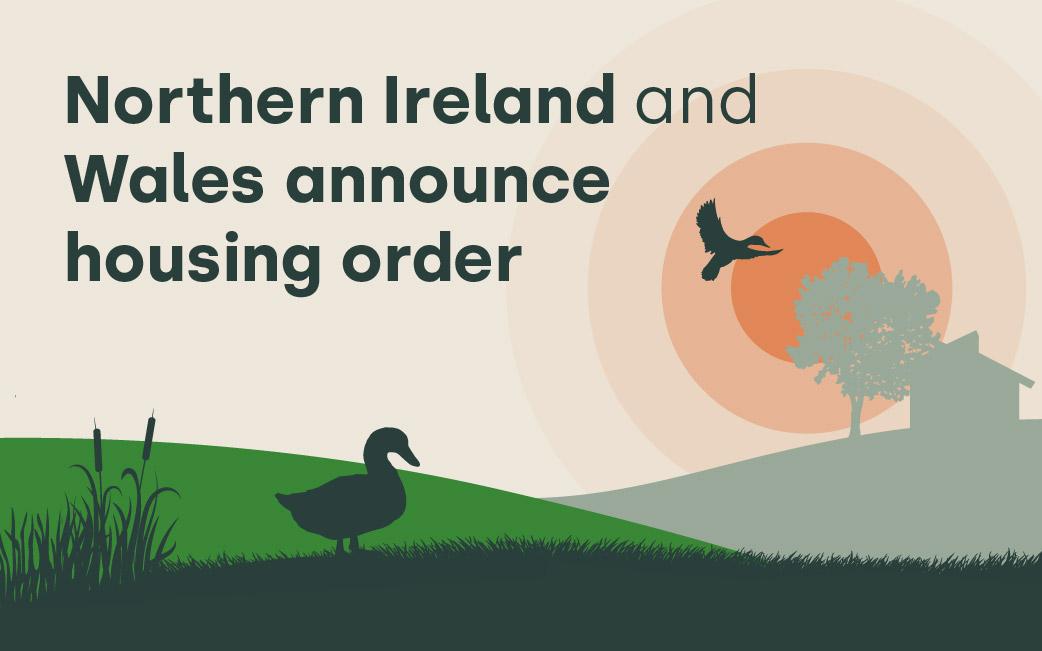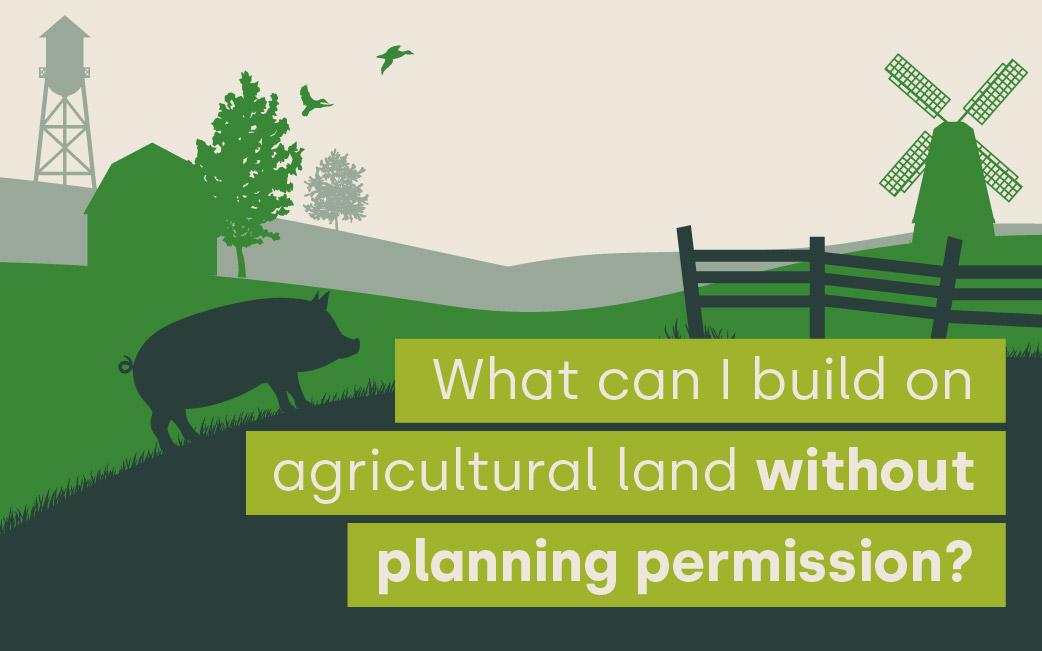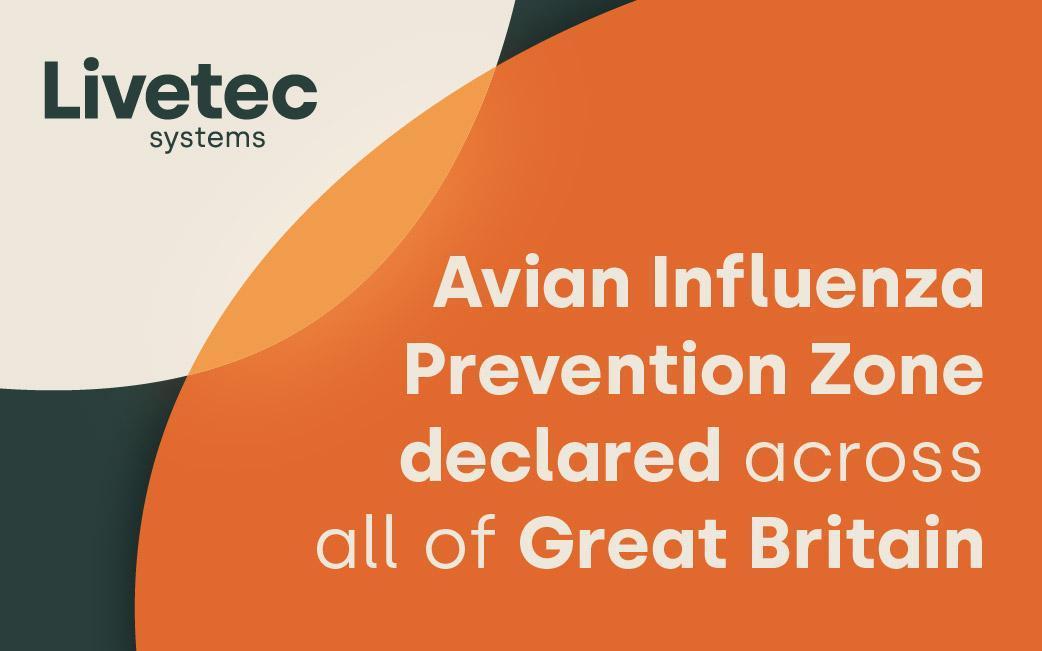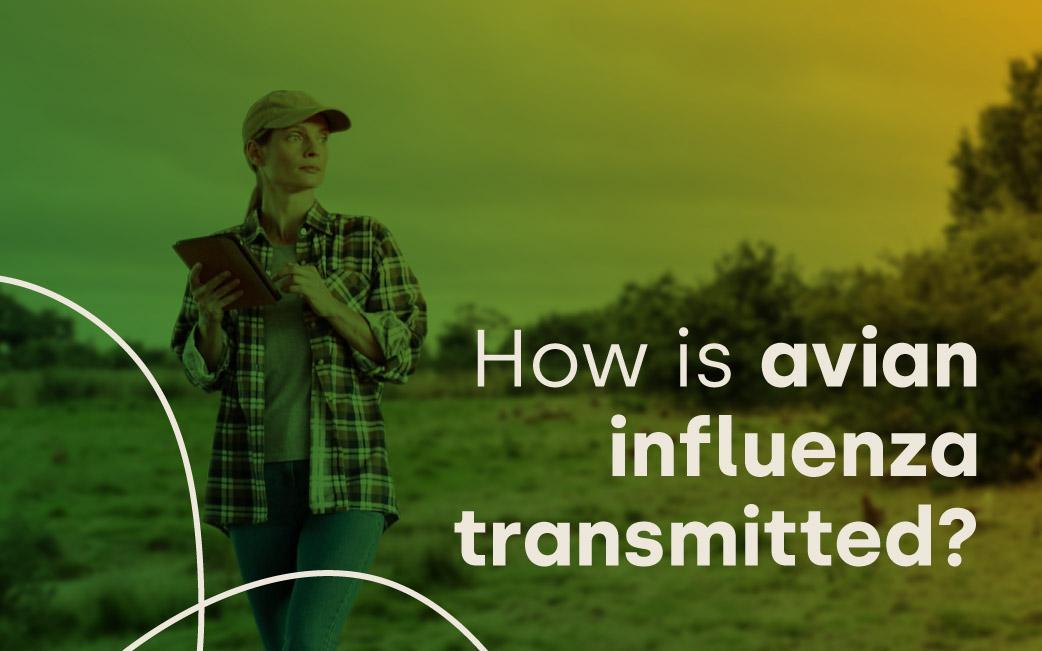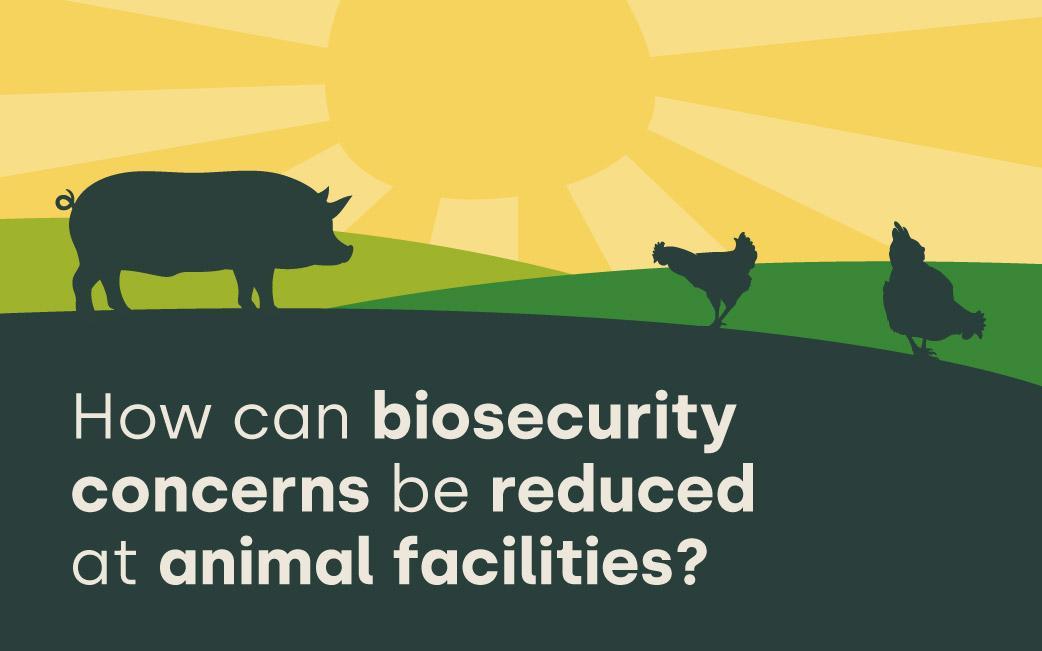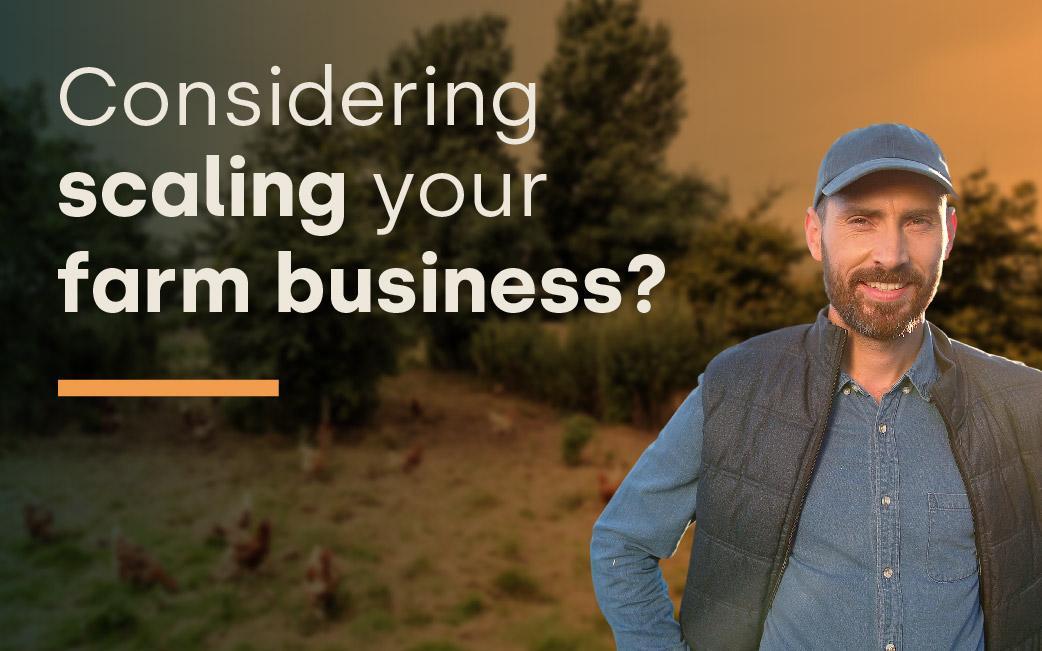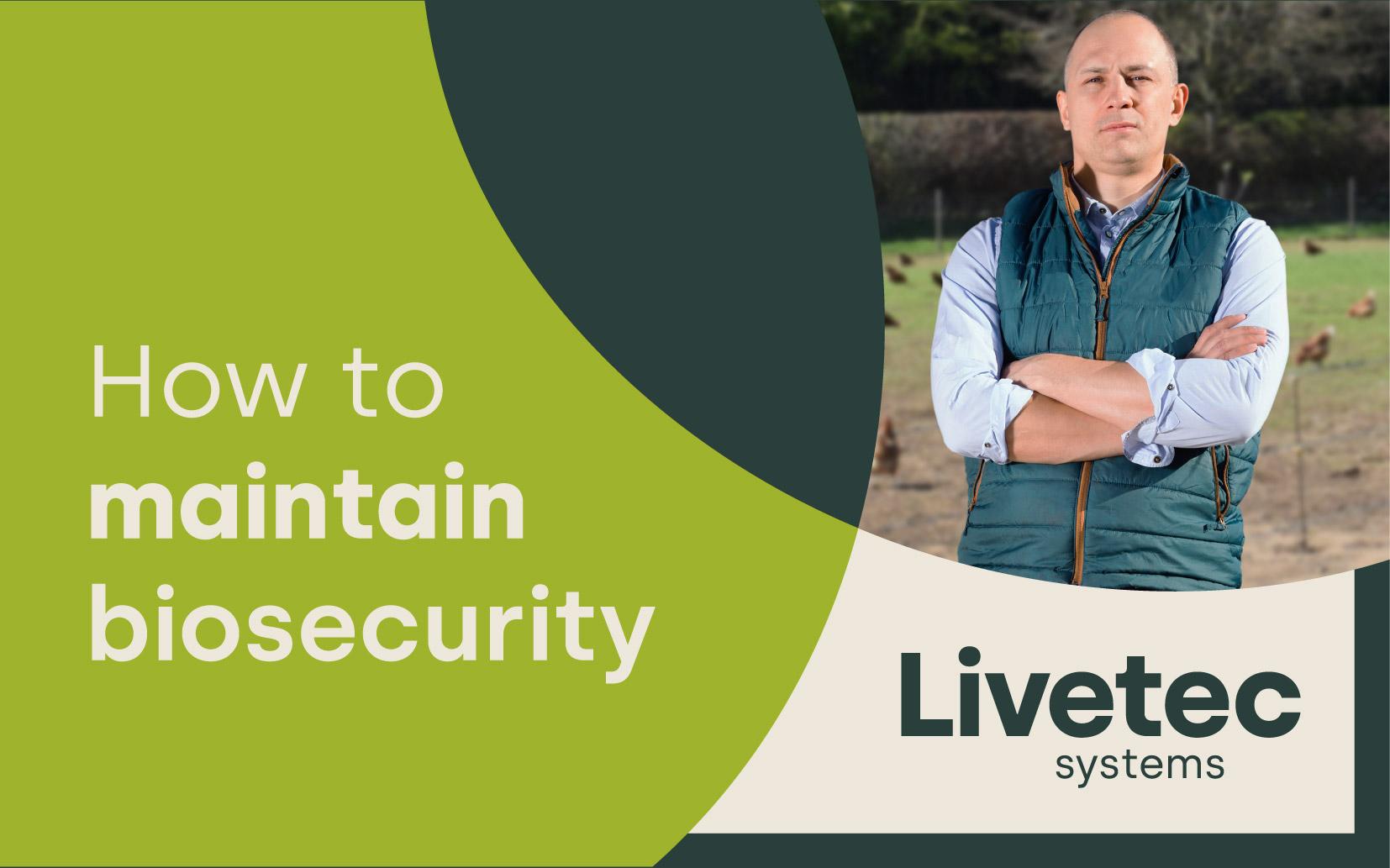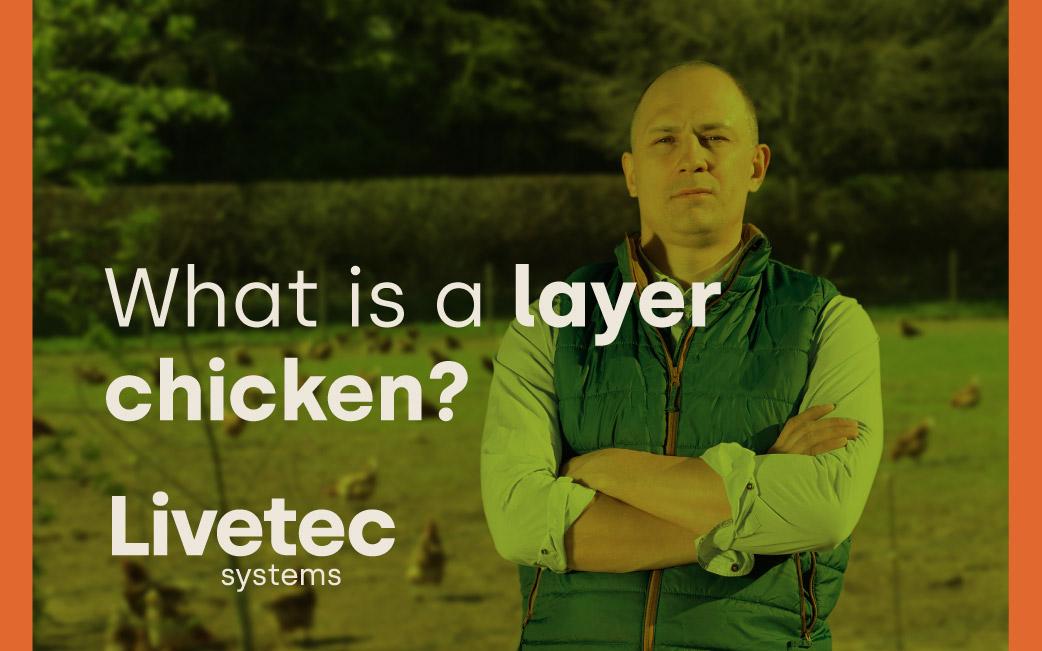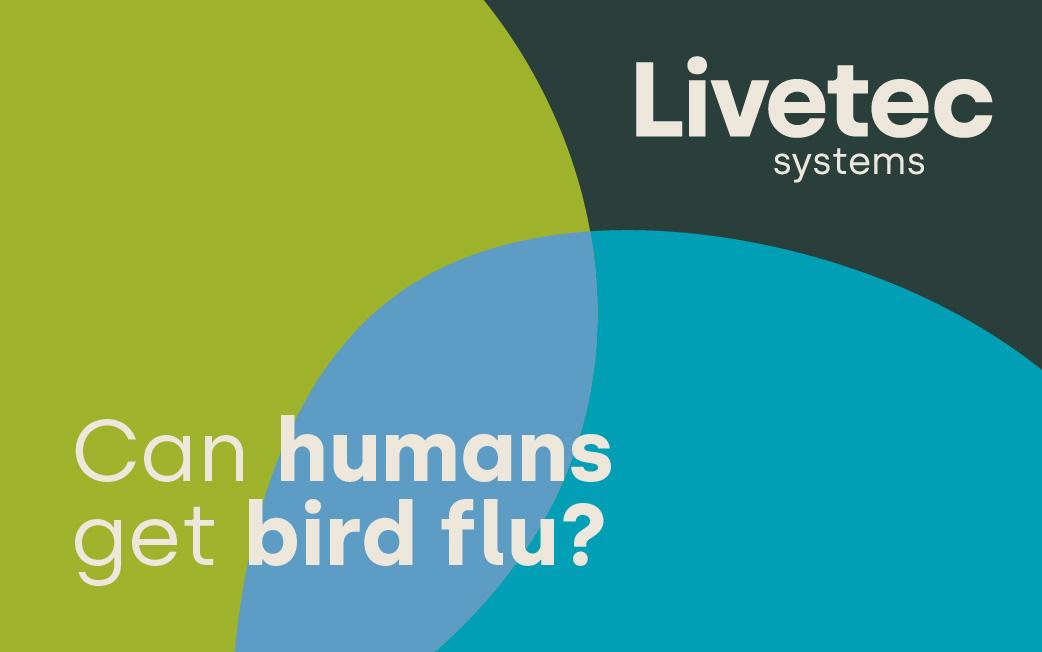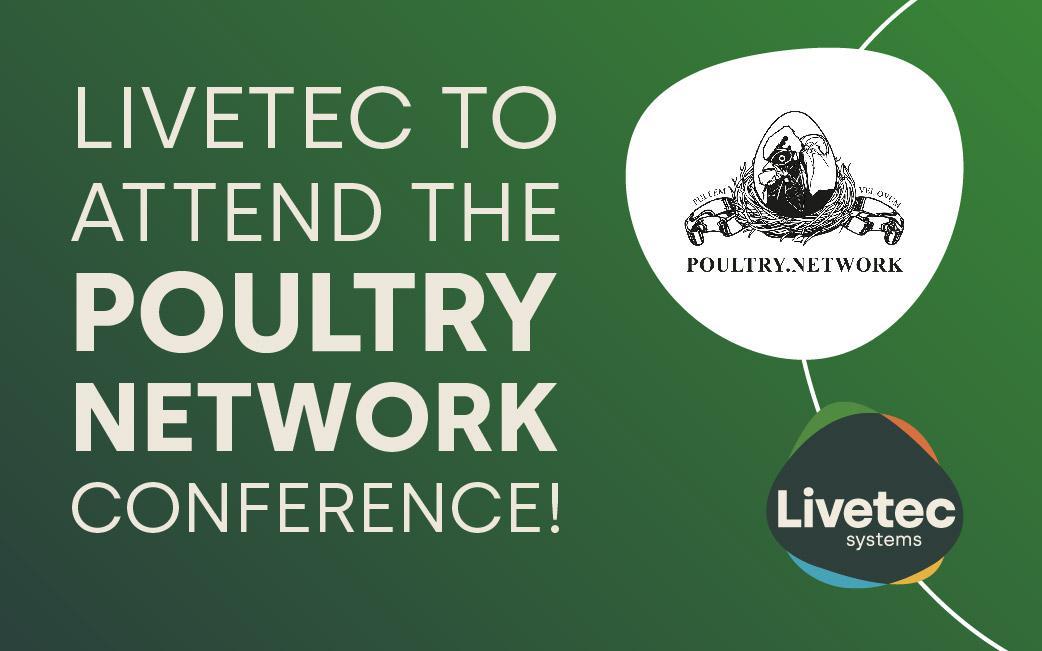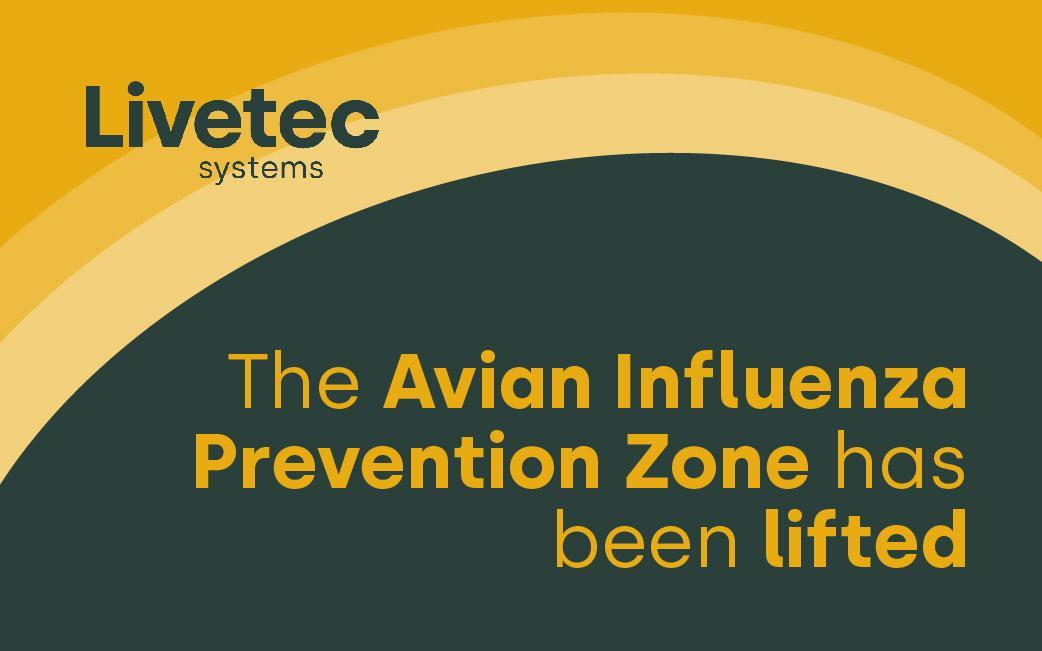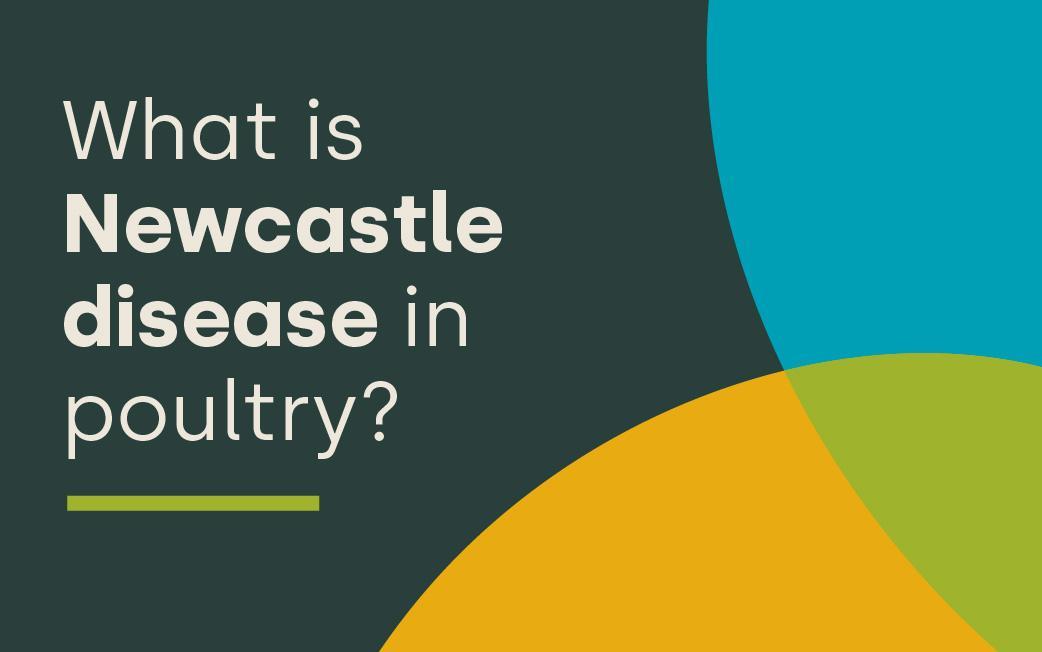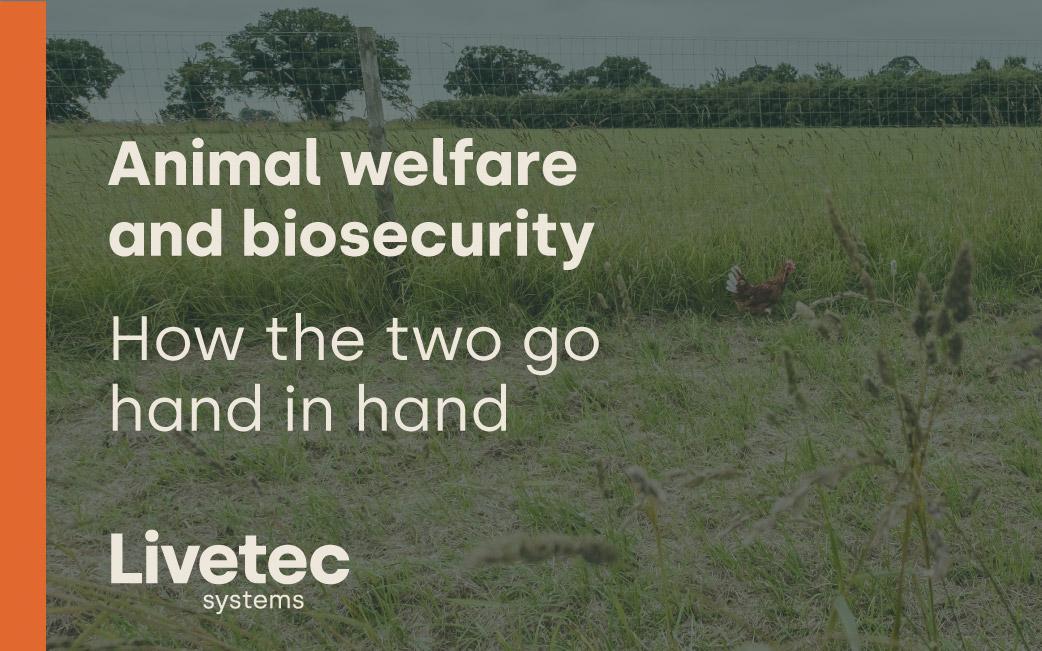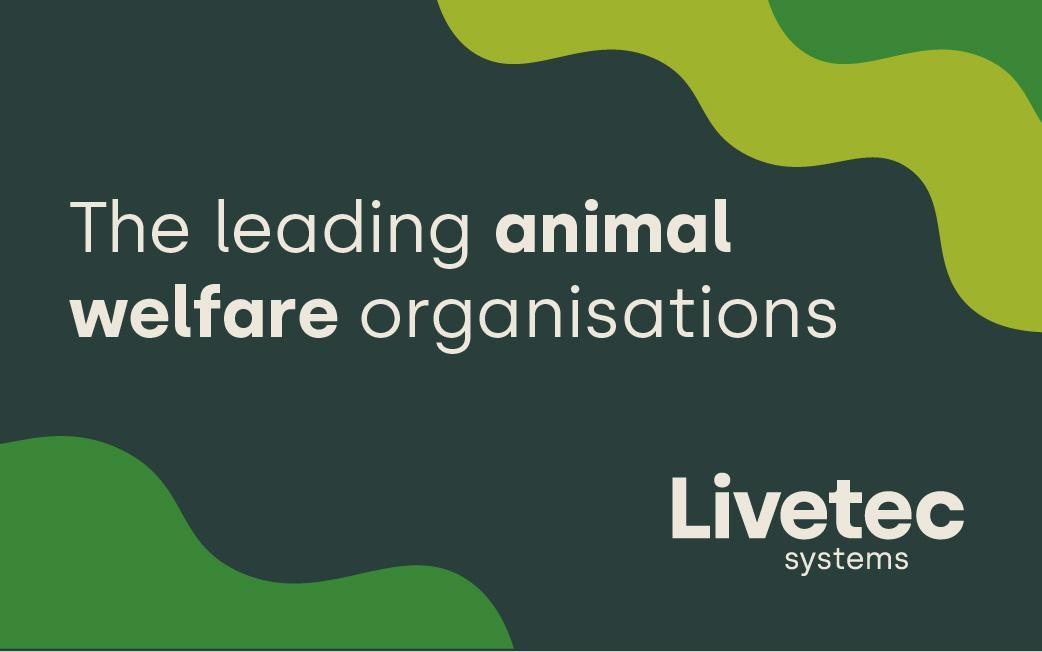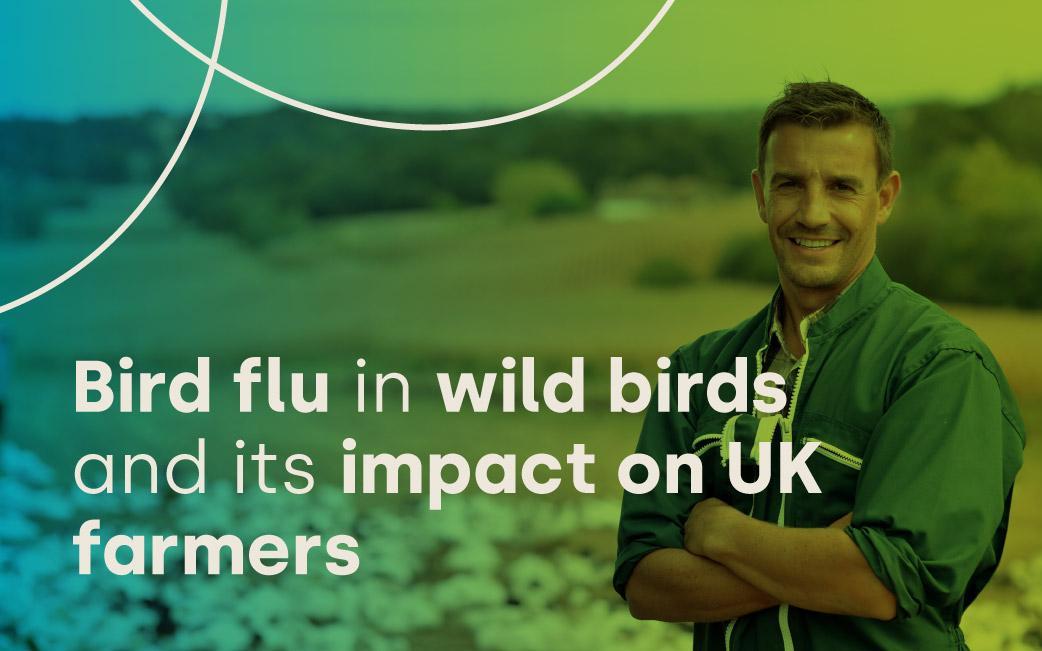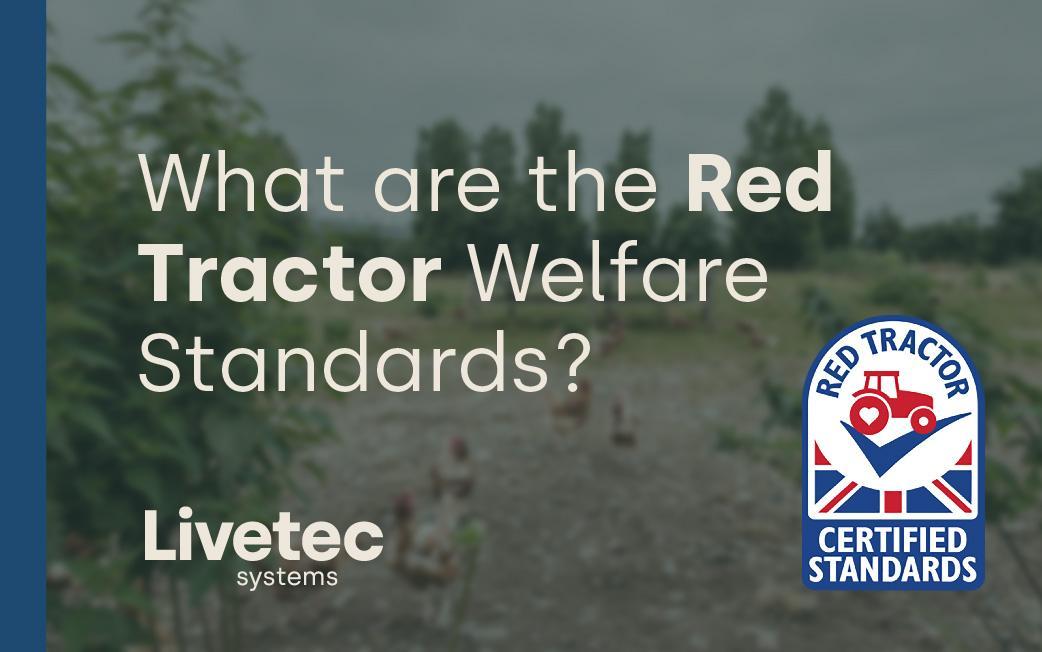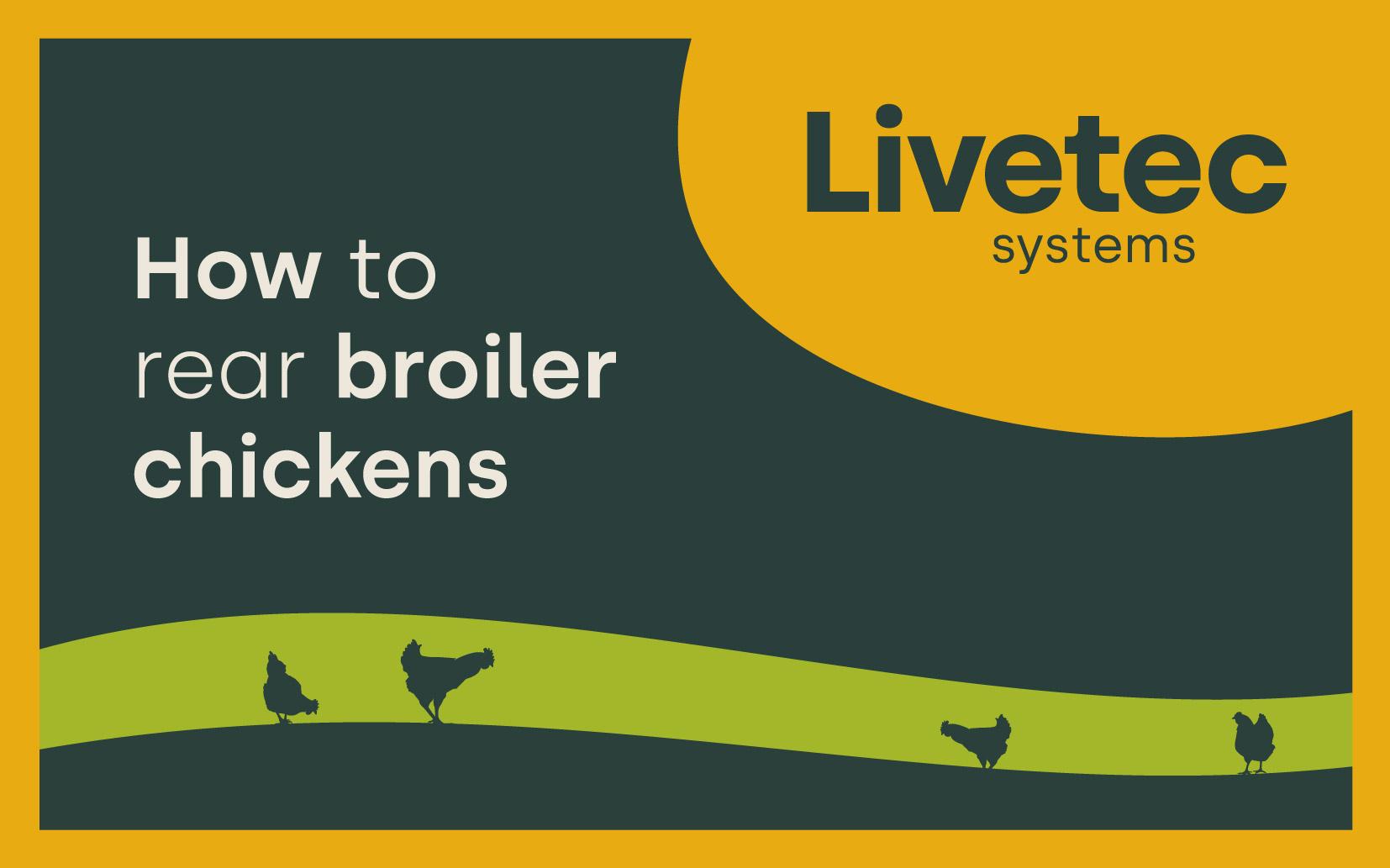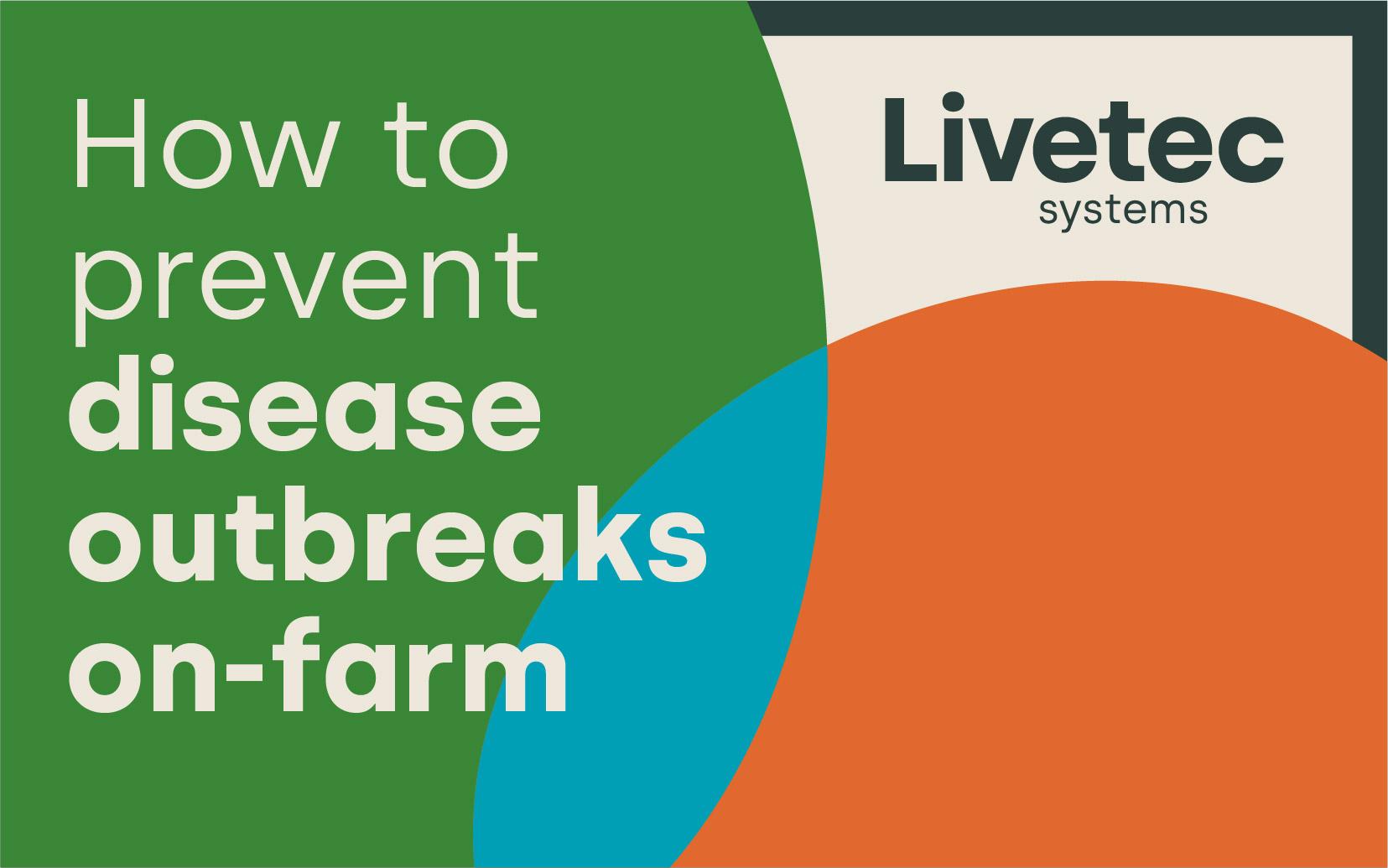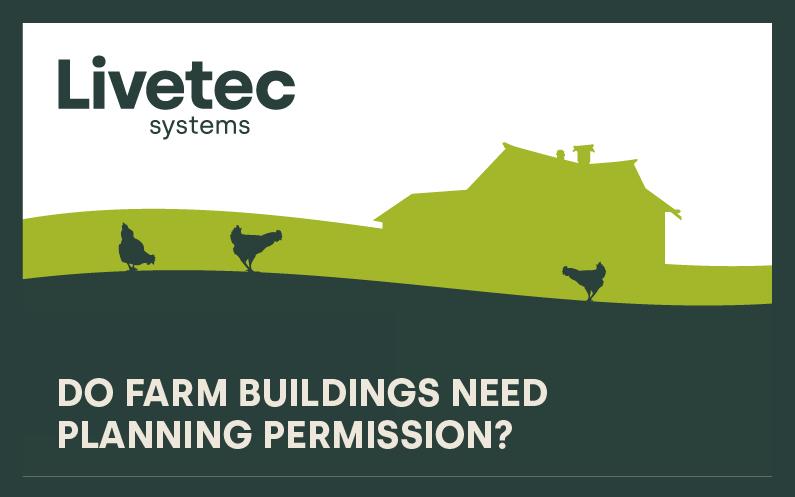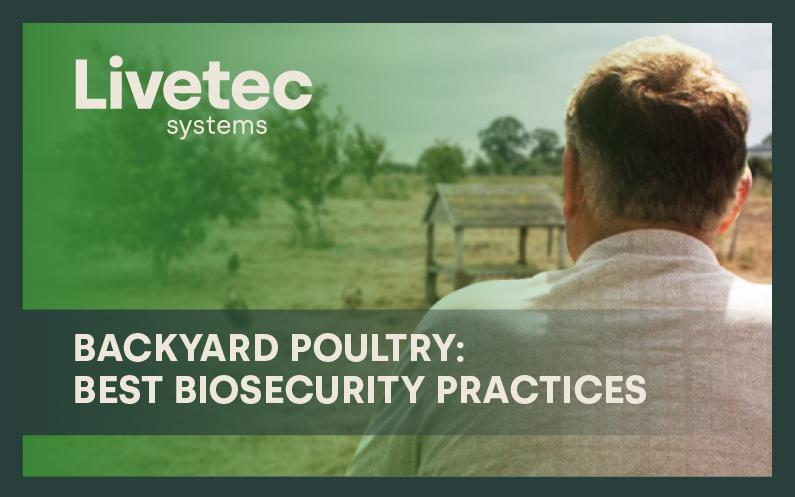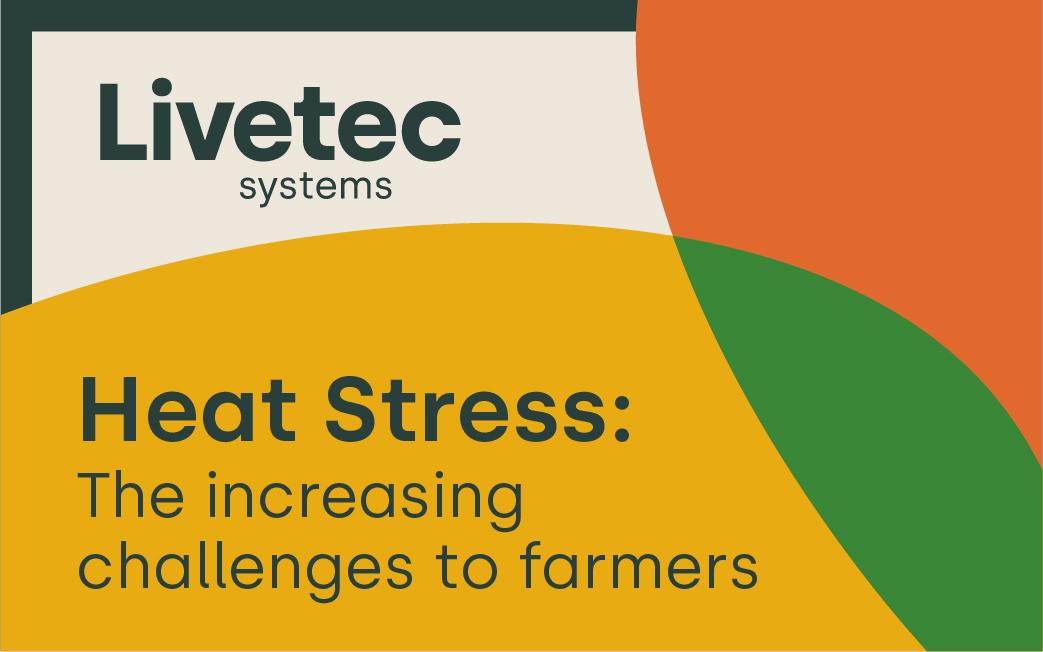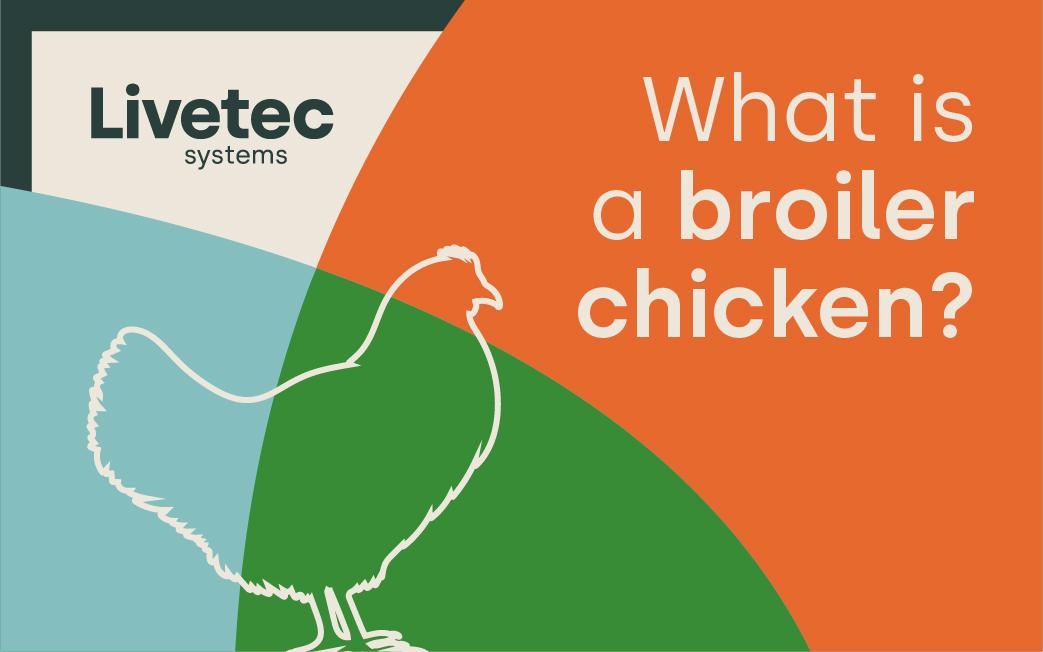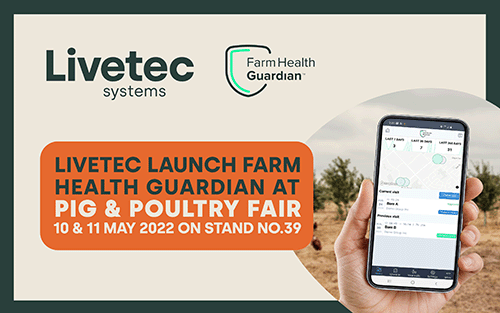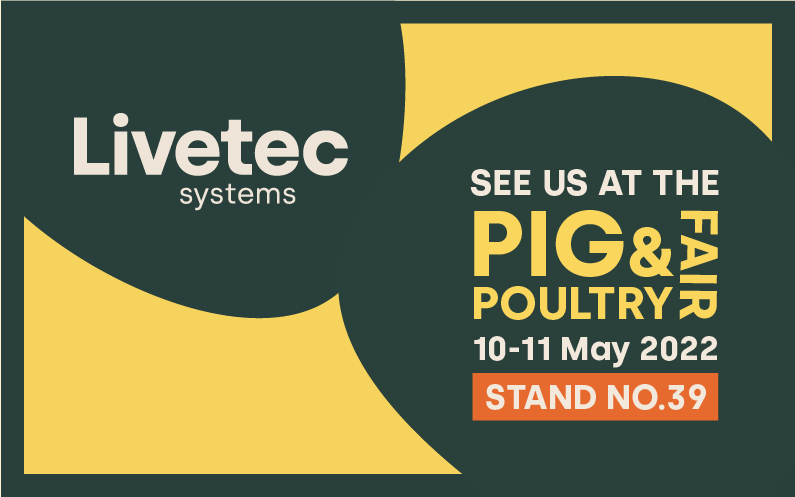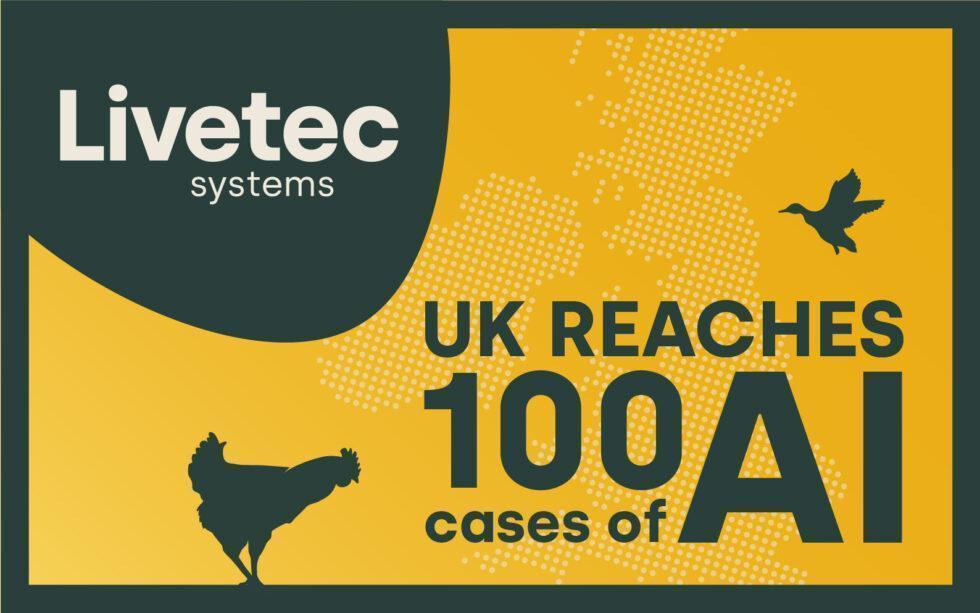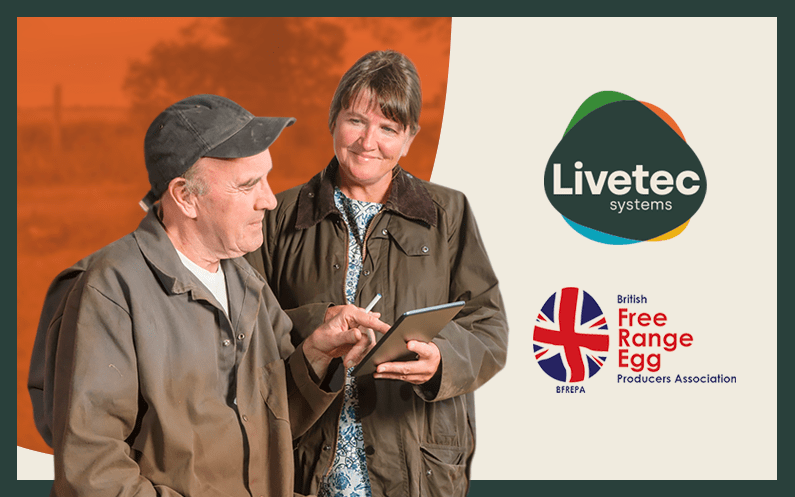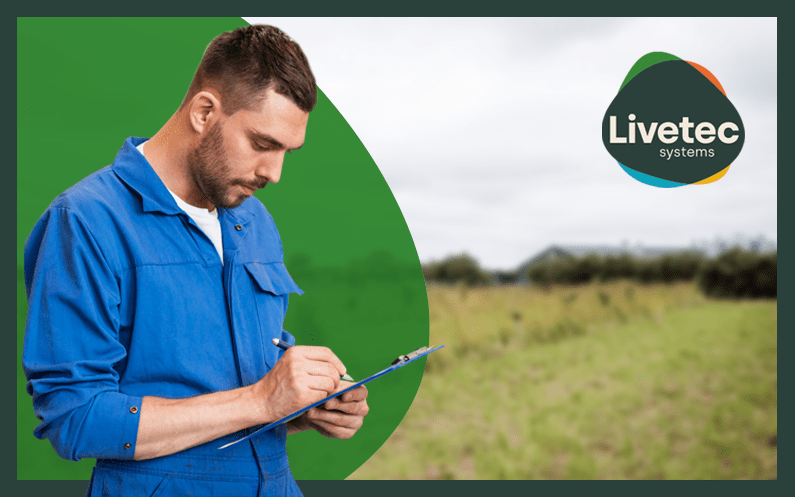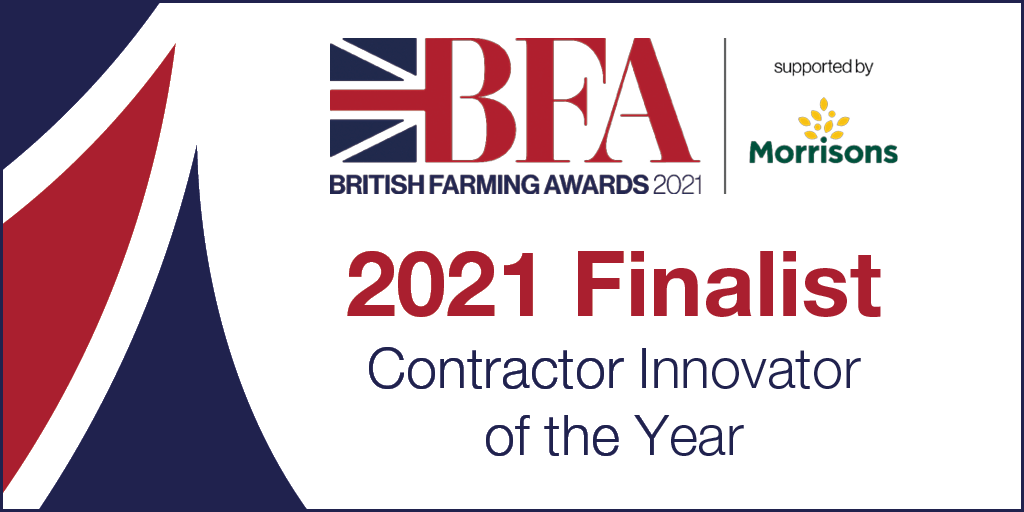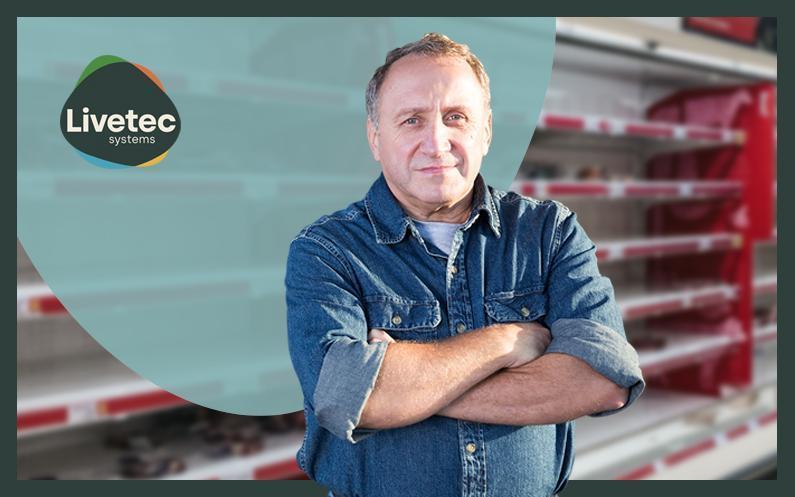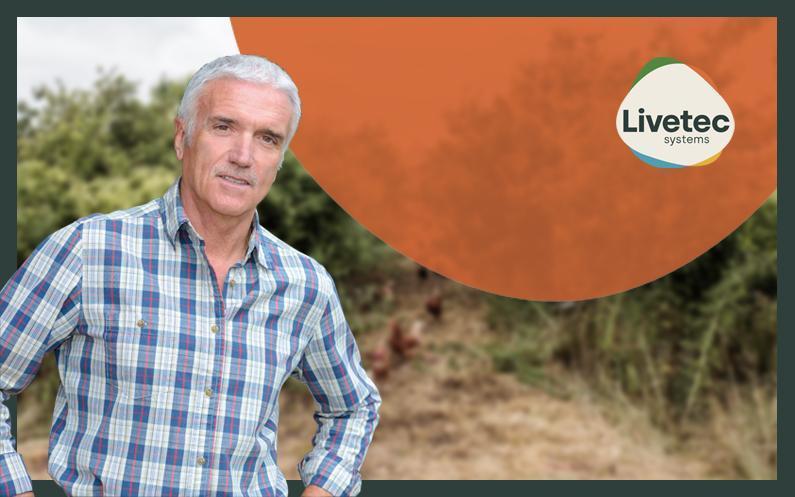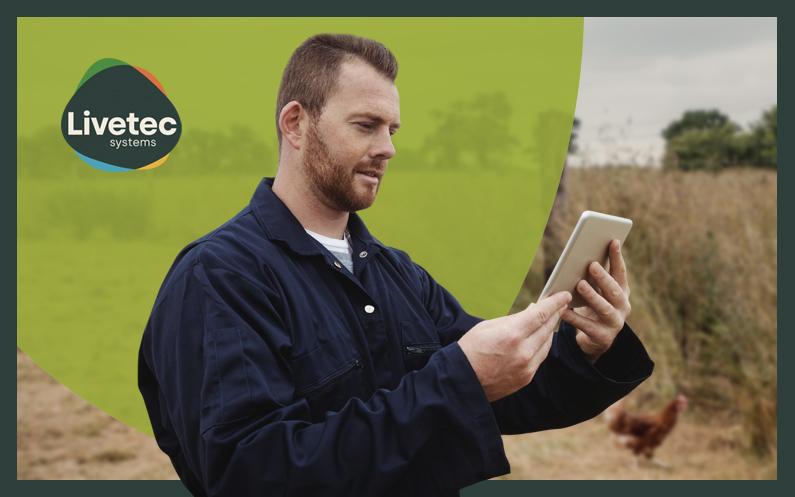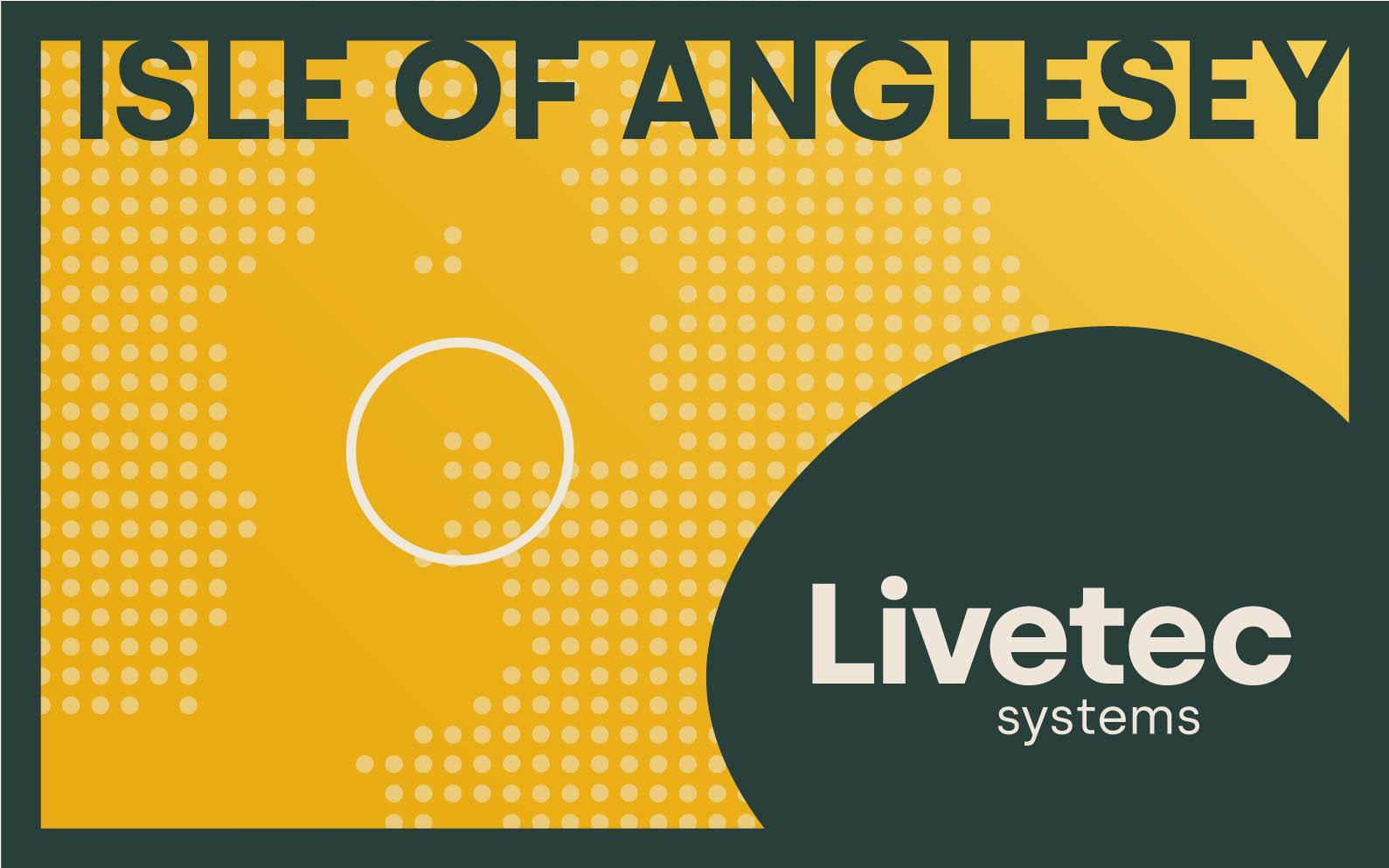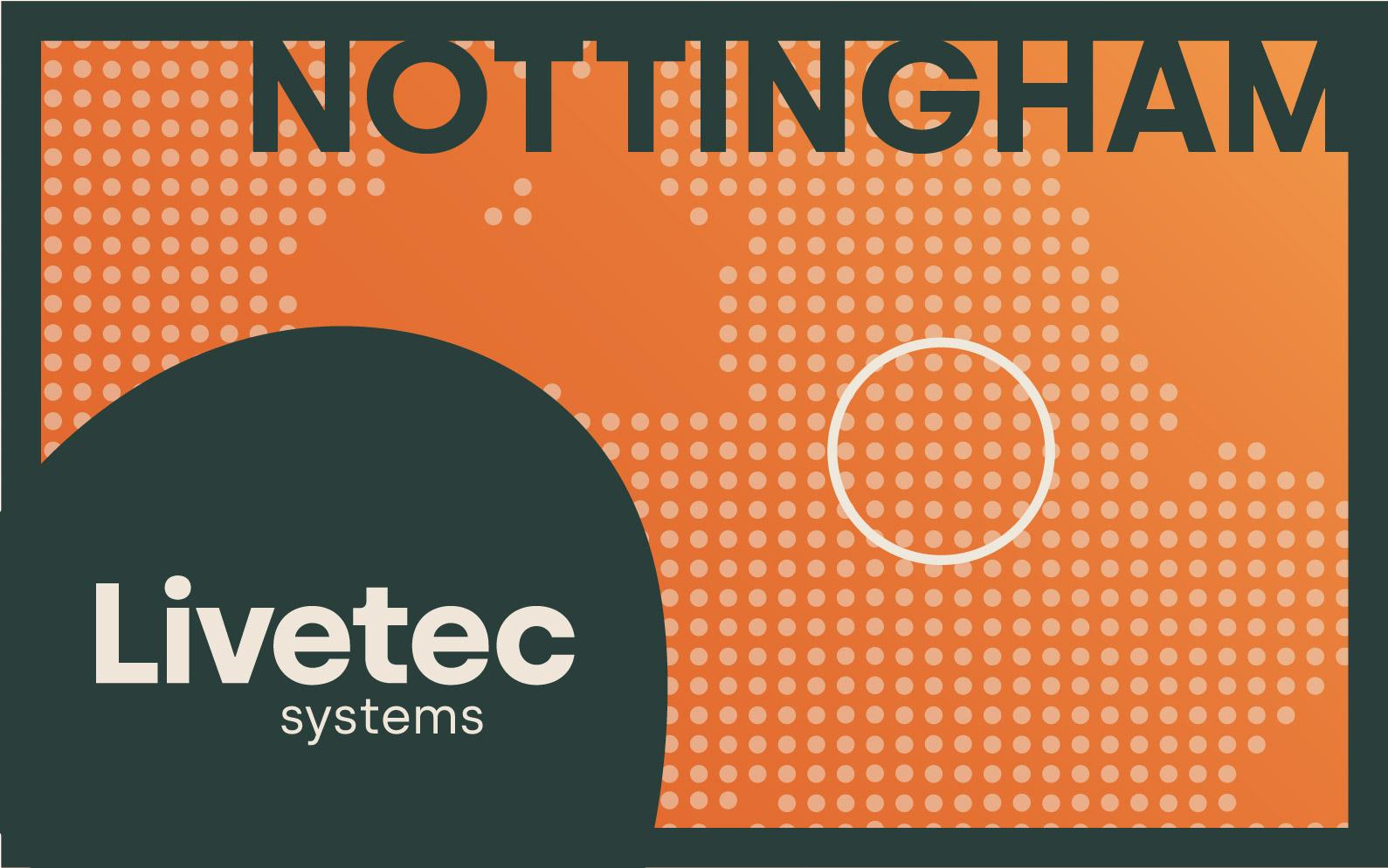Processing delays are one of the biggest challenges facing farmers today. At any given time, there are multiple risk factors that can significantly affect a farm’s ability to effectively and humanely process their livestock to maintain day to day operations.
Some of the biggest risk factors include:
- Staffing shortages across the supply chain
- Unexpected events resulting in need for emergency depopulation
- CO2 shortages reducing culling capacity
- Supply issues resulting from increased demand or import problems
- Contamination of feed or bedding introducing disease
- Processing plant issues such as equipment downtime
All of these factors can result in an inability to remove birds from the farm as scheduled, or as necessary, to maintain animal welfare and restock as required for production.
The perfect storm
2020 and 2021 have demonstrated just how easily multiple risk factors can come together to generate severe processing delays that can impact operations.
Right now, farms are facing a variety of processing challenges all at once:
- COVID-19 When just one poultry processing plant was closed due to a COVID-19 outbreak, 400,000 birds across the country were unable to be removed from farms, resulting in a 10% reduction in processing capacity in the UK. Outbreaks amongst processing plants have been notable, primarily due to the cold and damp conditions which are ‘perfect environments for coronavirus to linger and spread’, according to Warwick University.
- Brexit Due to a loss of eastern European migrant workers following Britain’s exit from the European Union, it’s believed that there are currently 500,000 vacancies in the UK food and drink market. This includes food processing staff and HGV drivers, which has a direct impact on a farm’s ability to remove birds to processing plants as needed. A ‘Recovery Visa’ is in discussion to increase labour during this challenging period.
- CO2 Shortage With 60-70% of all UK poultry being slaughtered using carbon dioxide, the CO2 shortage had a massive impact on processing plant capacity and, in turn, farmers ability to remove birds from farms for processing. According to reports the 2021 CO2 shortage resulted in a 5-10% reduction in weekly chicken output during September which sparked concerns over Christmas turkey availability.
Delay impacts
Regardless of the cause, processing delays can have major impacts on farmers. Some of the most urgent on-farm concerns and worries to come from delays may include:
- Increasingly crowded conditions that reduce animal health and welfare
- The ability for disease to spread more easily due to close living conditions
- The need for more feed to maintain larger flocks until they can be moved
- A drop in reputation that may result in a loss of contracts or opportunities
- An inability to restock as needed, creating ongoing production problems
Of course, all of these impacts will create a direct financial cost to the farmer. However, it’s also important to consider the wider impacts that may be seen across the industry.
Delays at farm, processing, transport, and logistics levels can progress through the entire supply chain, moving onto the end consumer in stores and restaurants. There is the potential for delays to undo much of the progress that is being made towards improved food security in the UK, with OECD stating that ‘the biggest risk for food security is not with food availability, but with consumers’ access to food’. Essentially, food is available. Farmers have animals. But getting this food to customers can be a huge problem.
Cost of welfare
For farmers, the impact of processing delays poses real financial questions. Identifying the most beneficial solution which considers both animal welfare and the business’ bottom line can feel like an overwhelming challenge.
Livetec’s mobile stunning and emergency on-farm depopulation solutions are cost-effective and prioritize both your financial health and that of your livestock.
If your shed is not in production, because you are not able to move flocks through the supply chain, you can expect those unexpected costs to soar. On average, we estimate that it could cost as much as £1000 each day your shed is not in production. On top of that, you’ll also need to budget for additional food costs. As of December 2021, the average cost of feeding 128,000 chickens was £33,000 per week. These numbers will rise exponentially the longer your processing delays take to be resolved.
Finding a solution for processing delays
What is particularly worrying today is that, in an effort to bridge the gap and boost on-farm processing capacity, a number of farmers are believed to be digging out their old electrical stunning equipment. Not only does this process birds 30% slower than the more modern devices, but also introduces new concerns in animal welfare.
Richard Griffiths, Chief Executive of the British Poultry Council, has shared worries that ‘not everyone has the people trained to operate it’, referring to the older equipment. Operation of these devices by untrained workers could negatively impact animal welfare, and risk non-compliance with policies relating to humane slaughtering.
At Livetec, we understand that processing delays, and their impacts, are very real and very urgent issues today. That’s why we offer mobile stunning solutions that can be carried out on-farm, helping to boost processing capacity in a humane, efficient, and affordable way as needed. We’ve developed solutions of all sizes to ensure birds can move through the supply chain quickly, easily, and without compromising on welfare.
From portable dislocation devices to whole house gassing solutions, our emergency depopulation services provide peace of mind that you can process your birds on time, and on schedule, even during vulnerabilities in the supply chain, or during periods of increased culling demand. Our aim is to provide you with the support you need to minimise the impact of delays and maintain a strong position within the industry.

